Notable moments in football history
From the world's oldest club to the first £100m player...
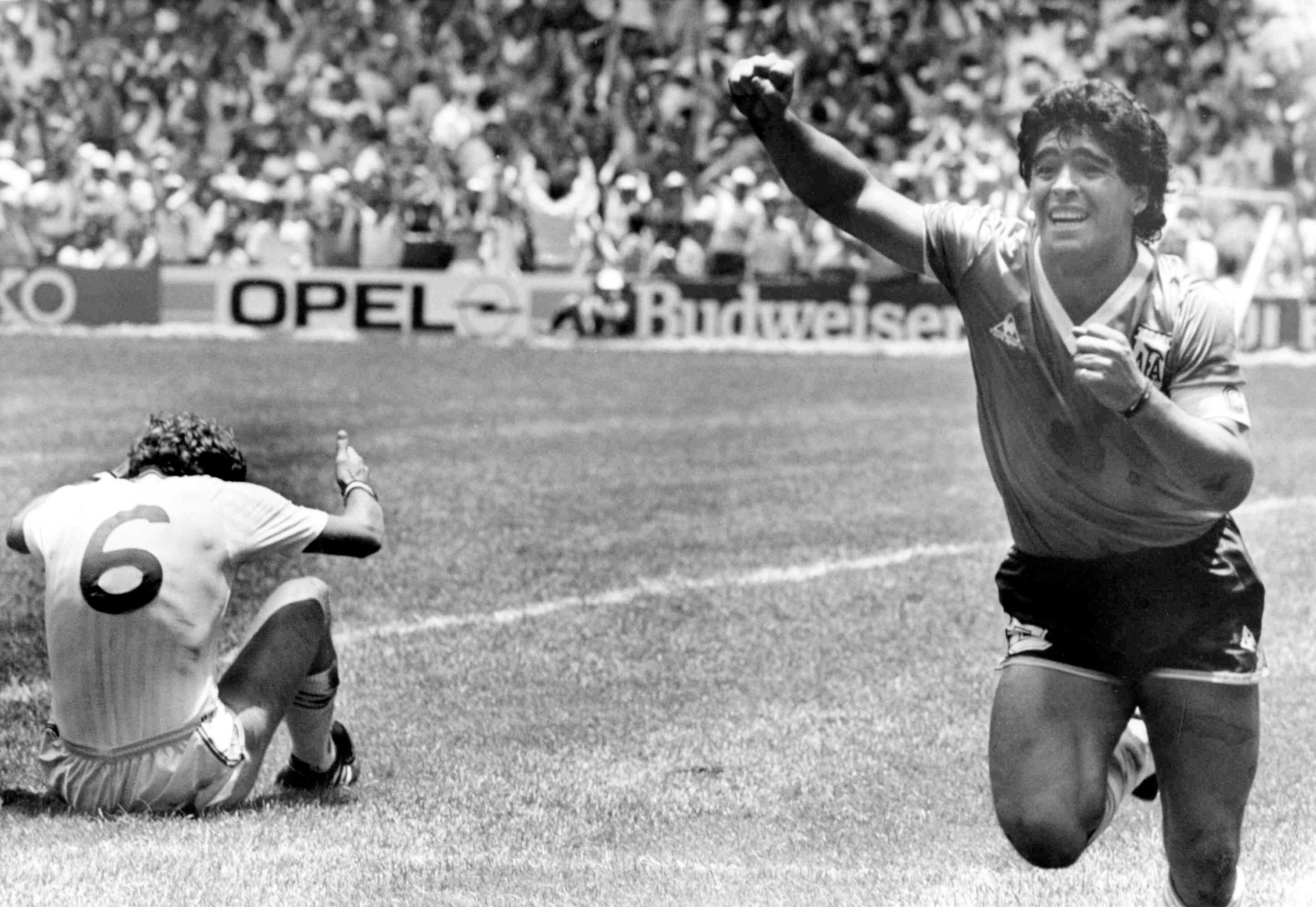
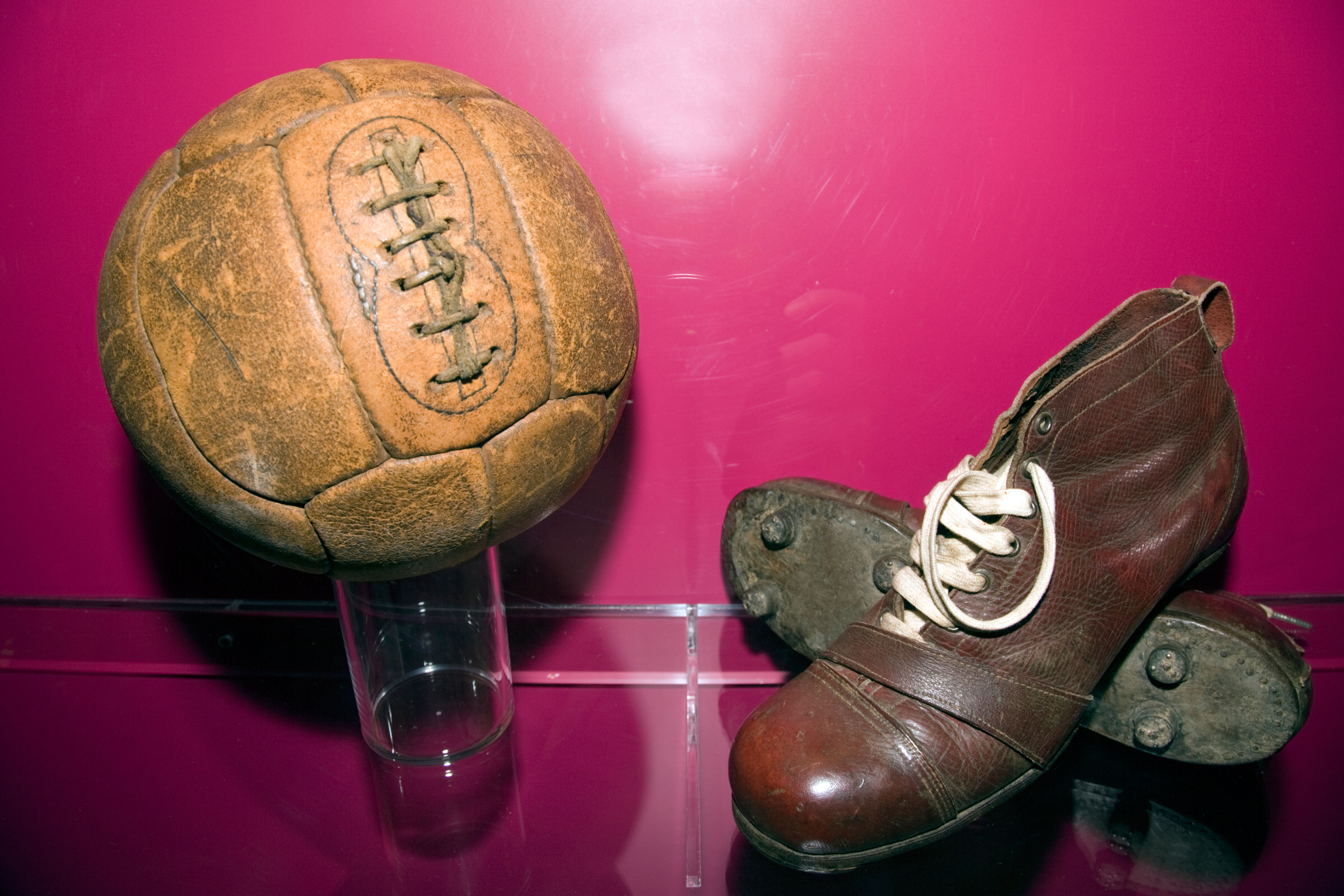
Football produces memorable moments on a weekly basis – but some are immeasurably more significant than others.
We could have made this list go on forever – this game’s story is one of ample drama and plot twists – but we’ve stuck to a selection of the most historic and indelibly memorable events.
Let’s get straight into it, shall we?
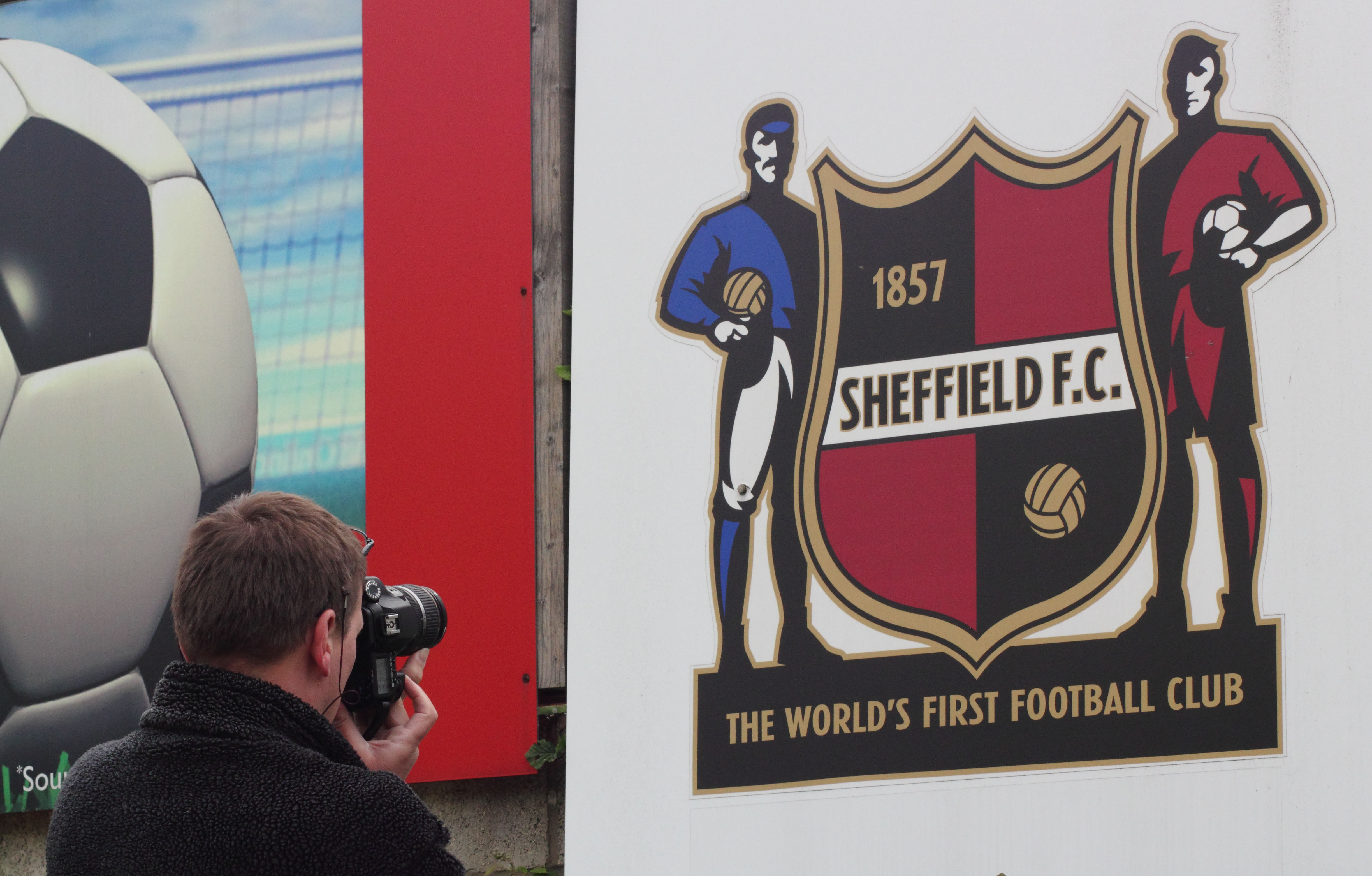
Sheffield FC founded (1857)
We begin our journey through the history of the beautiful game with the formation of the world’s oldest football club on 24 October, 1957.
Having spent the first two decades of their existence playing under the Sheffield Rules code, Sheffield FC adopted FA rules in 1878 and went on to win the 1903/04 FA Amateur Cup.
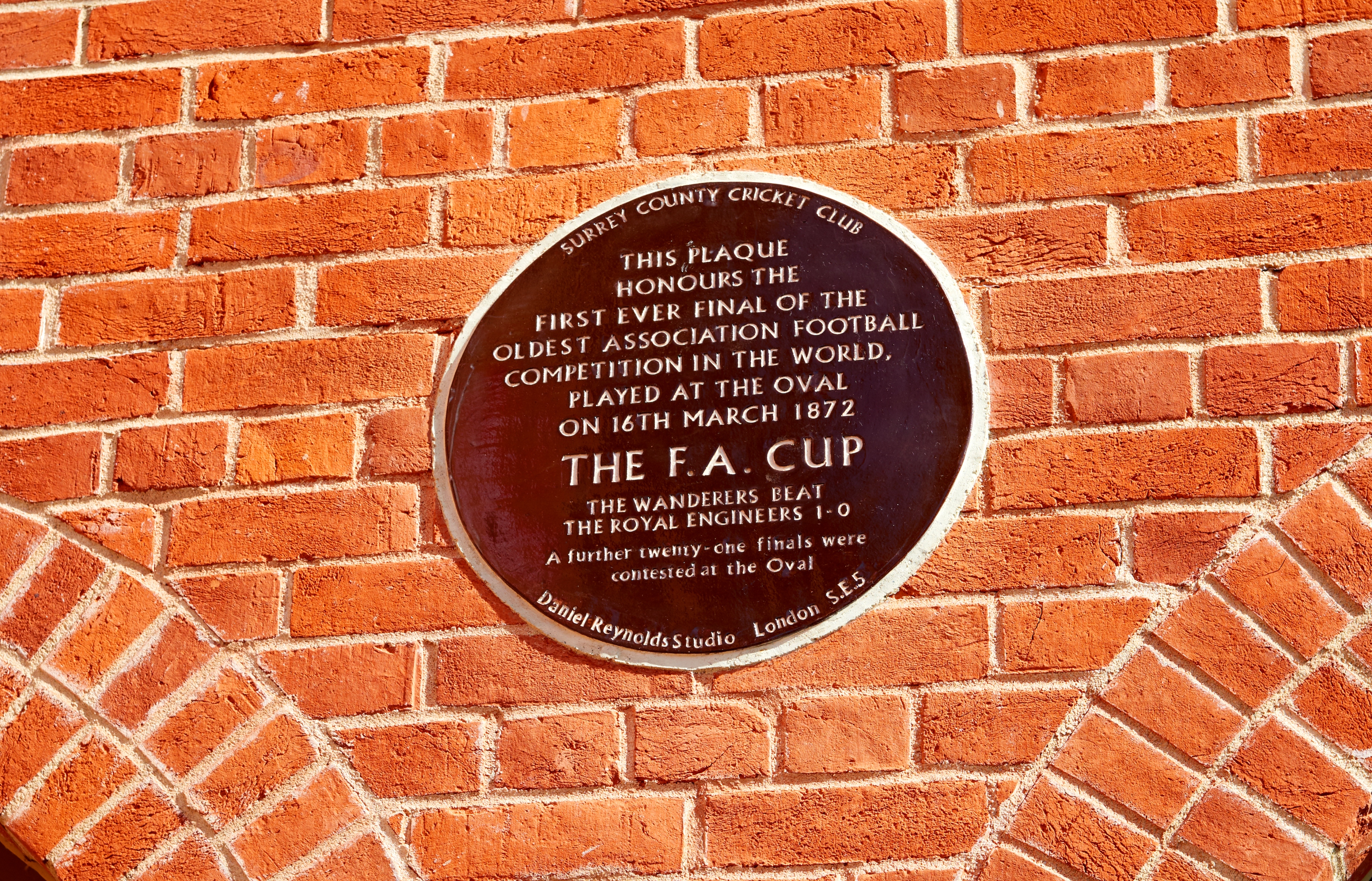
The first FA Cup final (1872)
On 16 March, 1872, Wanderers and Royal Engineers contested the inaugural FA Cup final at London’s Kennington Oval – these days known for its use as an international cricket ground.
Forward Morton Betts scored the decisive goal after 15 minutes, sealing Wanderers’ first of five triumphs in the competition in the space of nine years.
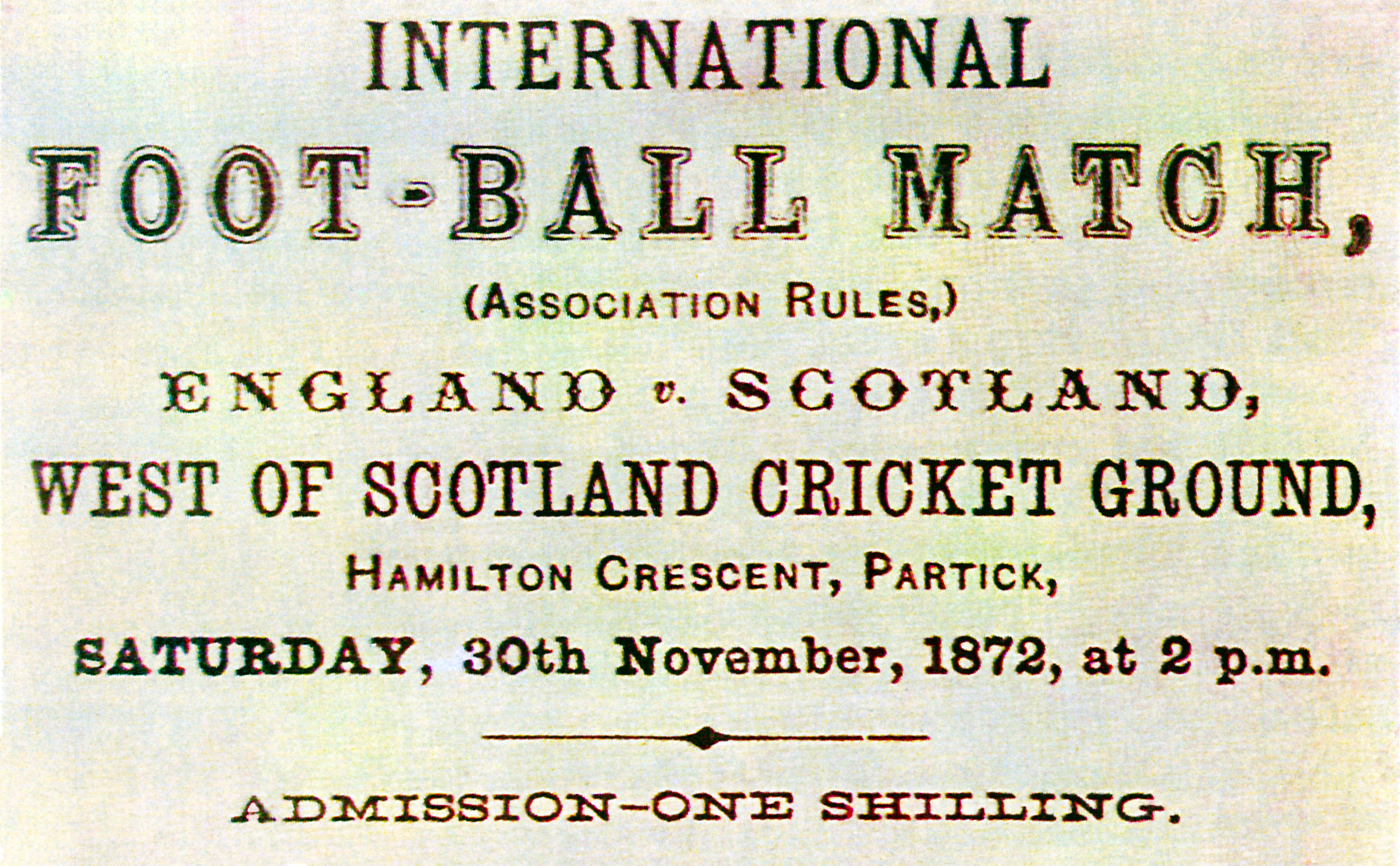
The first official international match (1872)
Recognised by FIFA as the very first international fixture, this 0-0 draw between Scotland and England took place at the West of Scotland Cricket Club in Glasgow on 30 November, 1872.
All 11 members of the Scotland line-up played for Queen’s Park, the top Scottish club of the day, while several England players were associated with Wanderers.
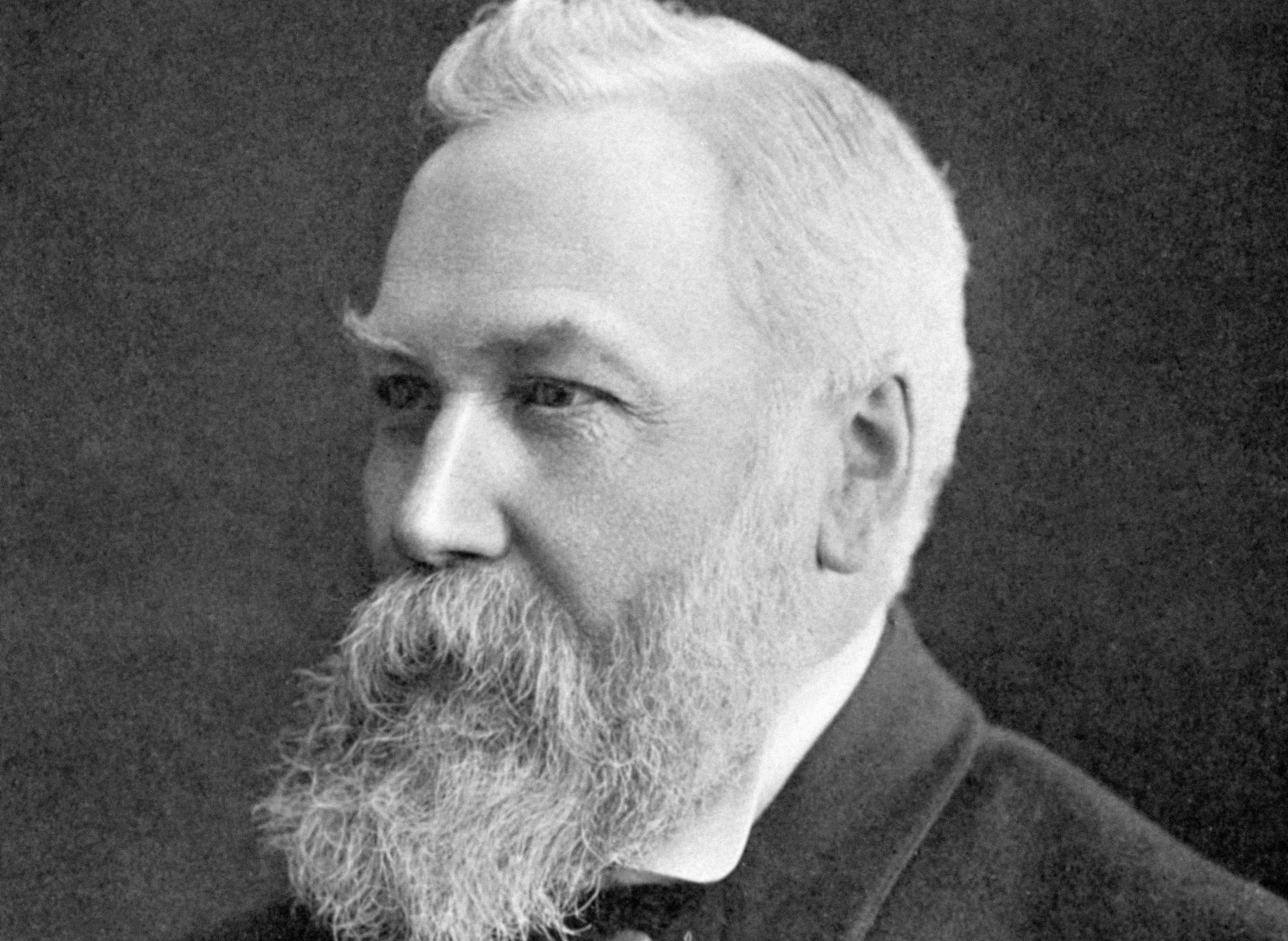
The Football League founded (1888)
Set up by Aston Villa director William McGregor, the Football League was the world’s first national league competition.
Its founder members were: Accrington, Aston Villa (naturally), Blackburn, Bolton, Burnley, Derby, Everton, Notts County, Preston, Stoke, West Brom and Wolves.
Beginning as a single tier, the Football League added a second tier in 1892, followed by a third in 1921 and a fourth in 1958.
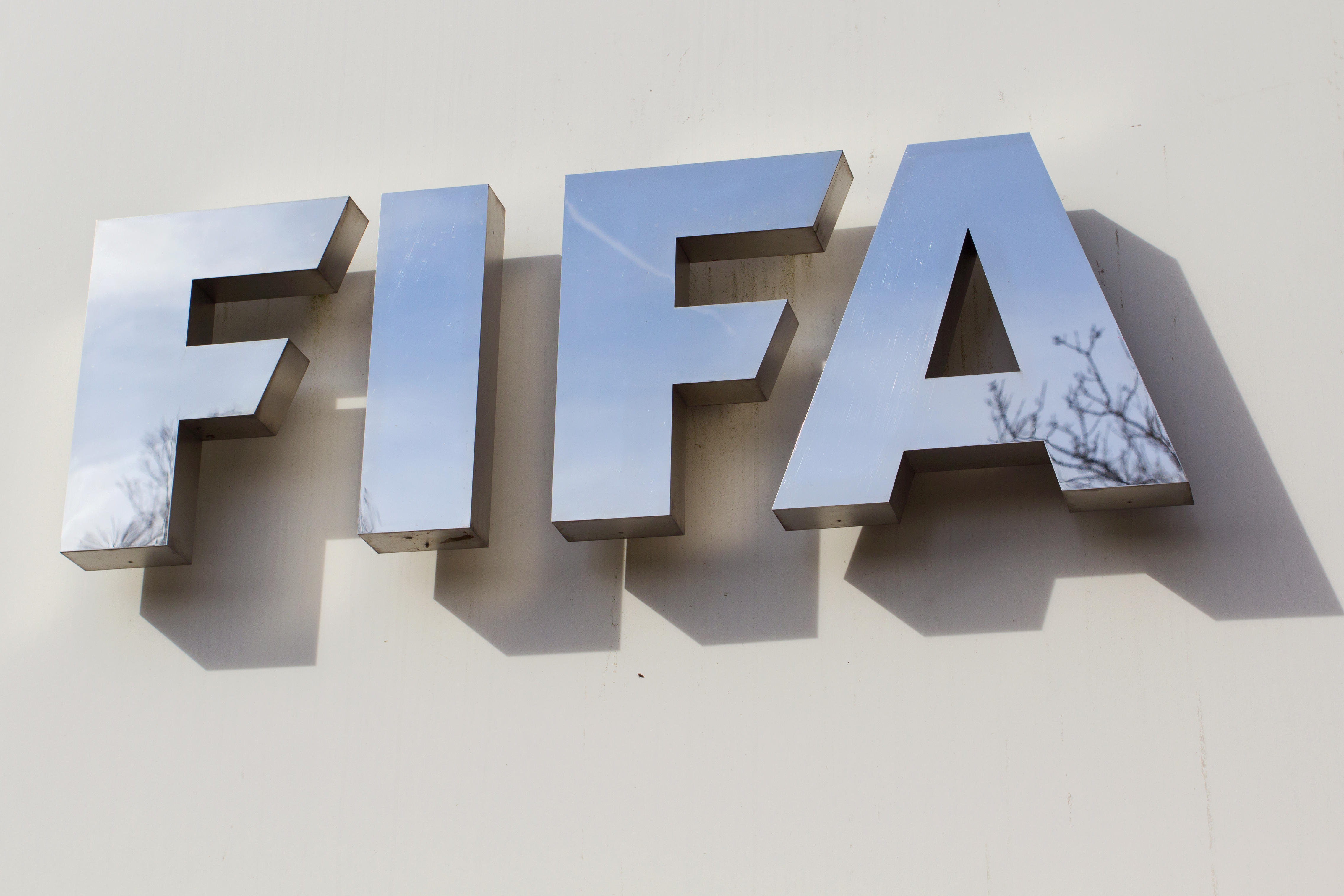
FIFA founded (1904)
The Federation Internationale de Football Association aka FIFA began life in Paris on 21 May, 1904 – with one of the founders, French journalist Robert Guerin, serving as the global governing body’s first president.
Four years later, FIFA staged its first tournament: the football competition at the 1908 Olympics in London, in which Great Britan defeated Denmark to win gold.
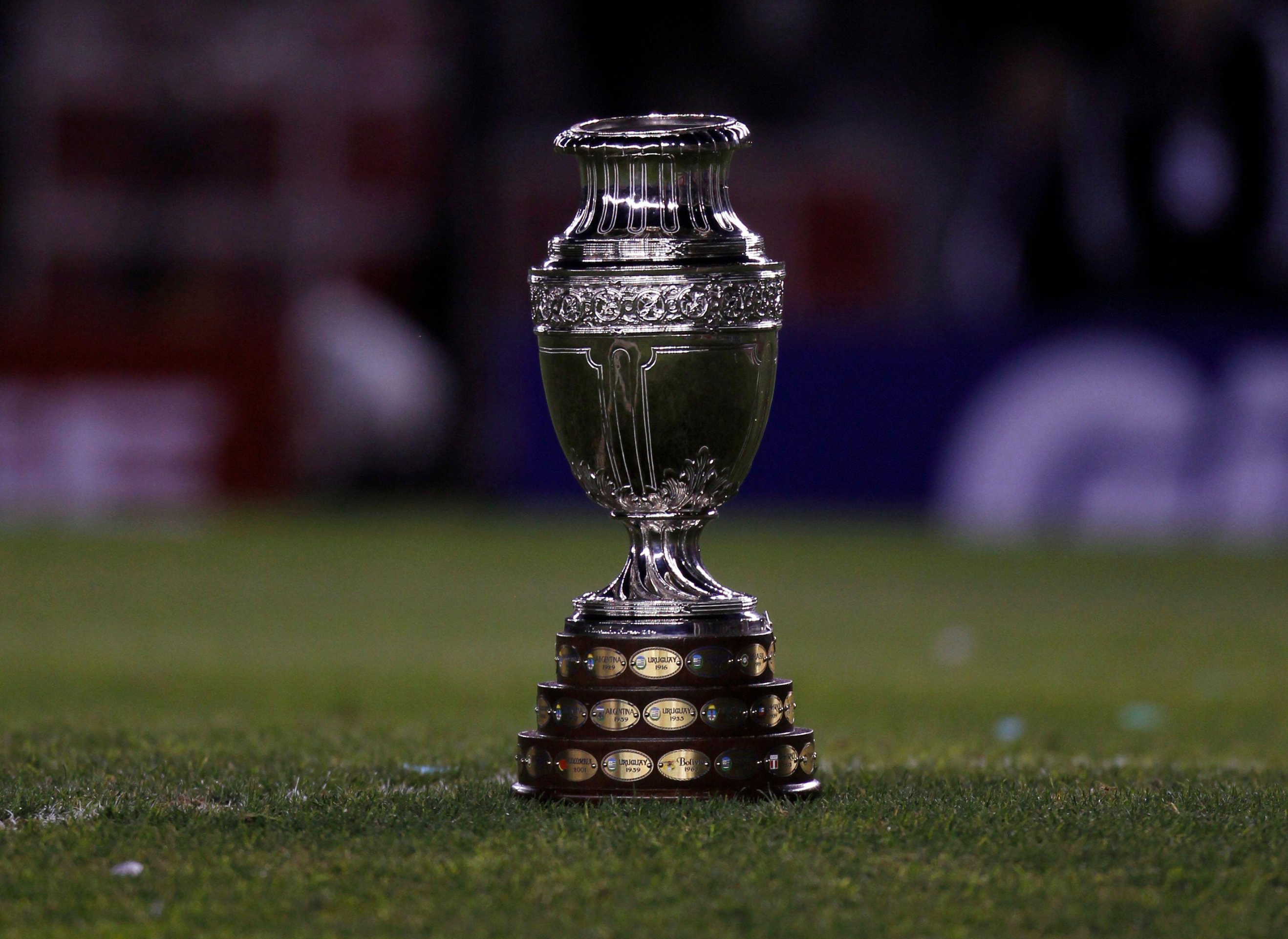
The first Copa America (1916)
The Copa America is the oldest of the major continental tournaments, and it was held for the very first time in July 1916 in Argentina.
Four teams were involved – the hosts, Uruguay, Brazil and Chile – with Uruguay lifting the trophy and their star forward, Isabelino Gradin, top-scoring with three goals.
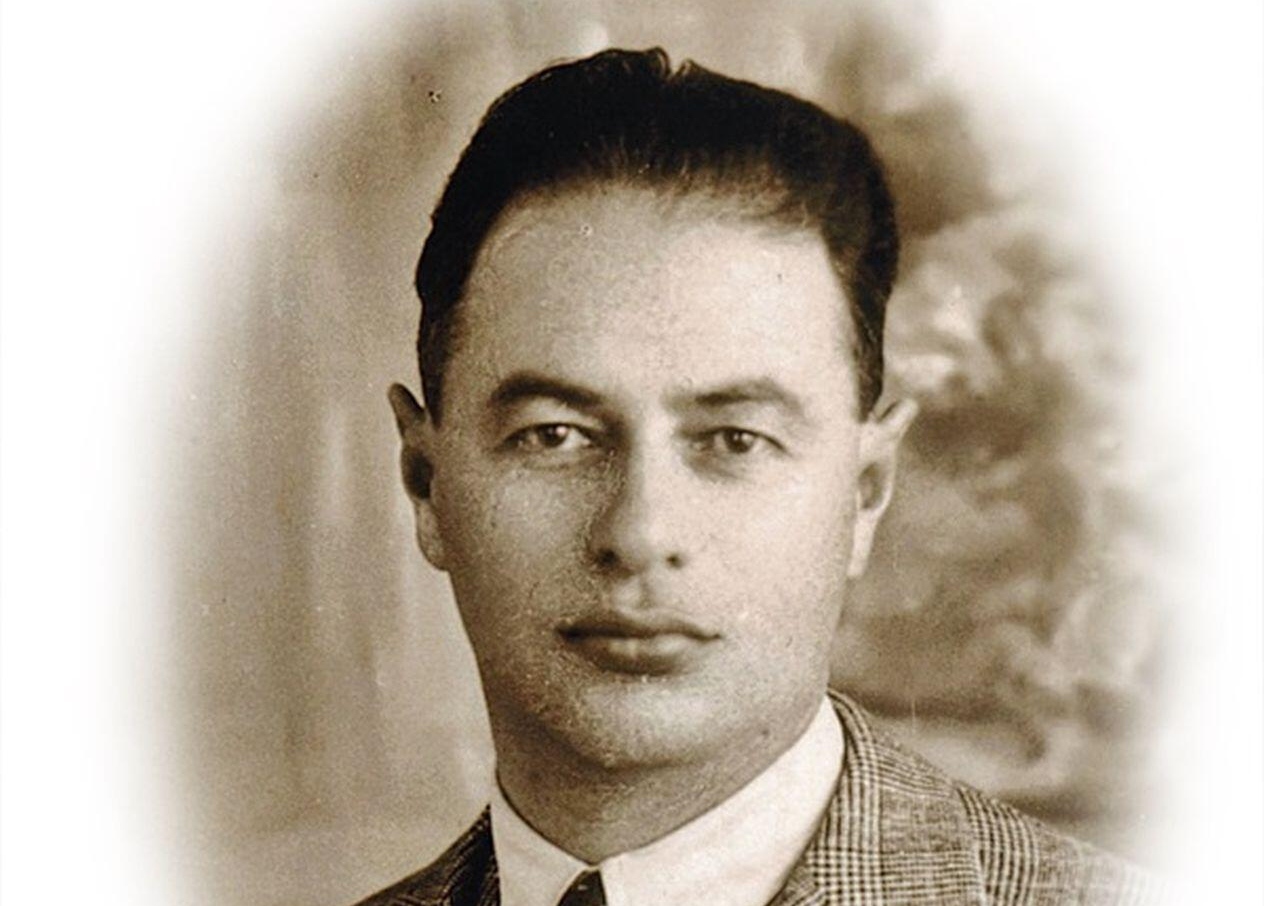
LaLiga & Serie A begin (1929)
Two of Europe’s top five leagues kicked off in 1929 (although LaLiga had technically been founded the previous year).
Inter, then known as Ambrosiana, were the first Serie A champions ahead of Genoa – while Barcelona triumphed in the inaugural staging of Spain’s premier competition, pipping Real Madrid to the title.
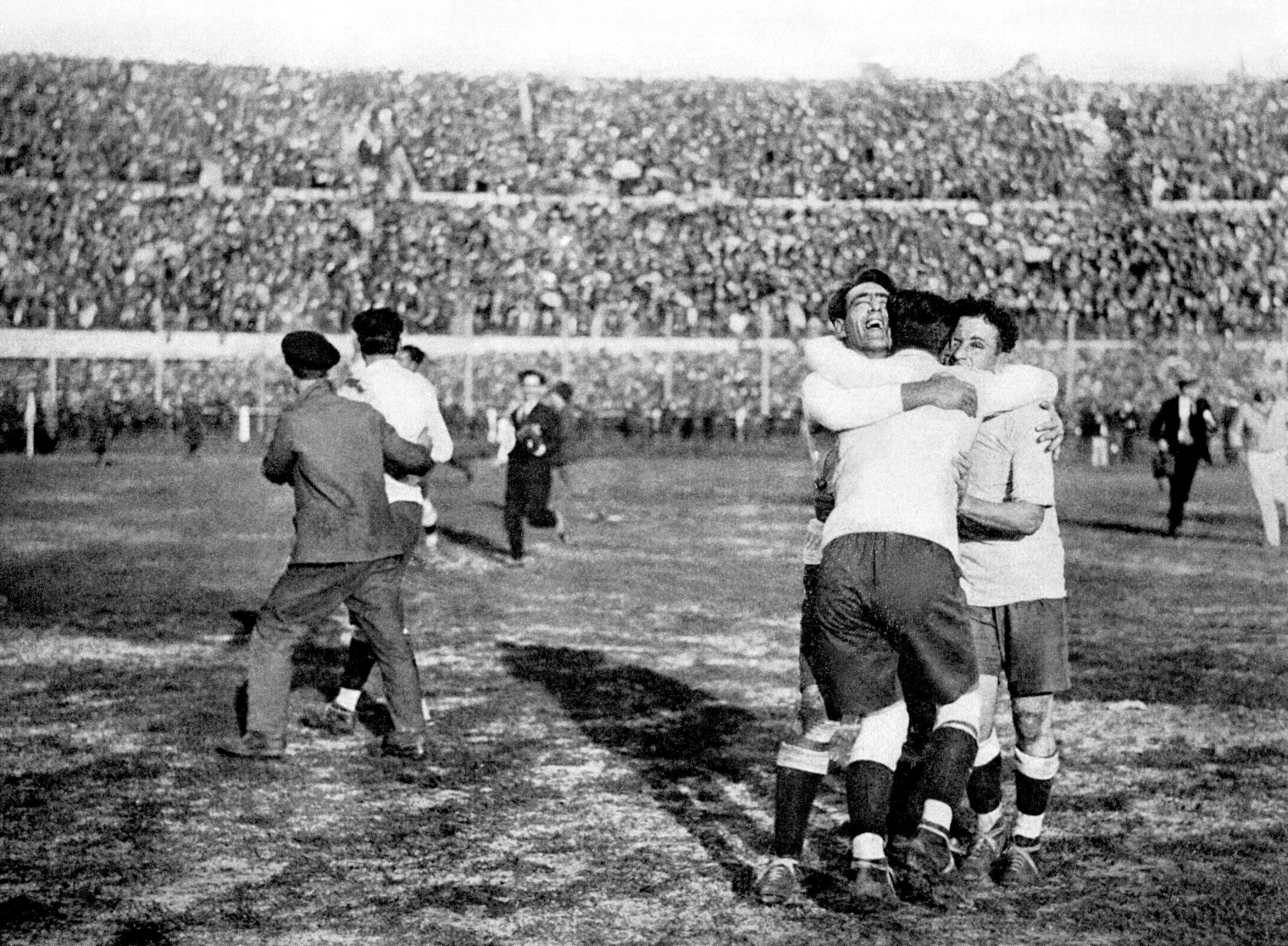
The first World Cup (1930)
It all began in Uruguay in July 1930, as 13 countries from three confederations gathered for the first edition of football’s ultimate celebration in tournament form.
The hosts became the first recipients of the original World Cup trophy – presented by Jules Rimet, before it was named in his honour – defeating neighbours Argentina 4-2 in the final at Montevideo’s Estadio Centenario.
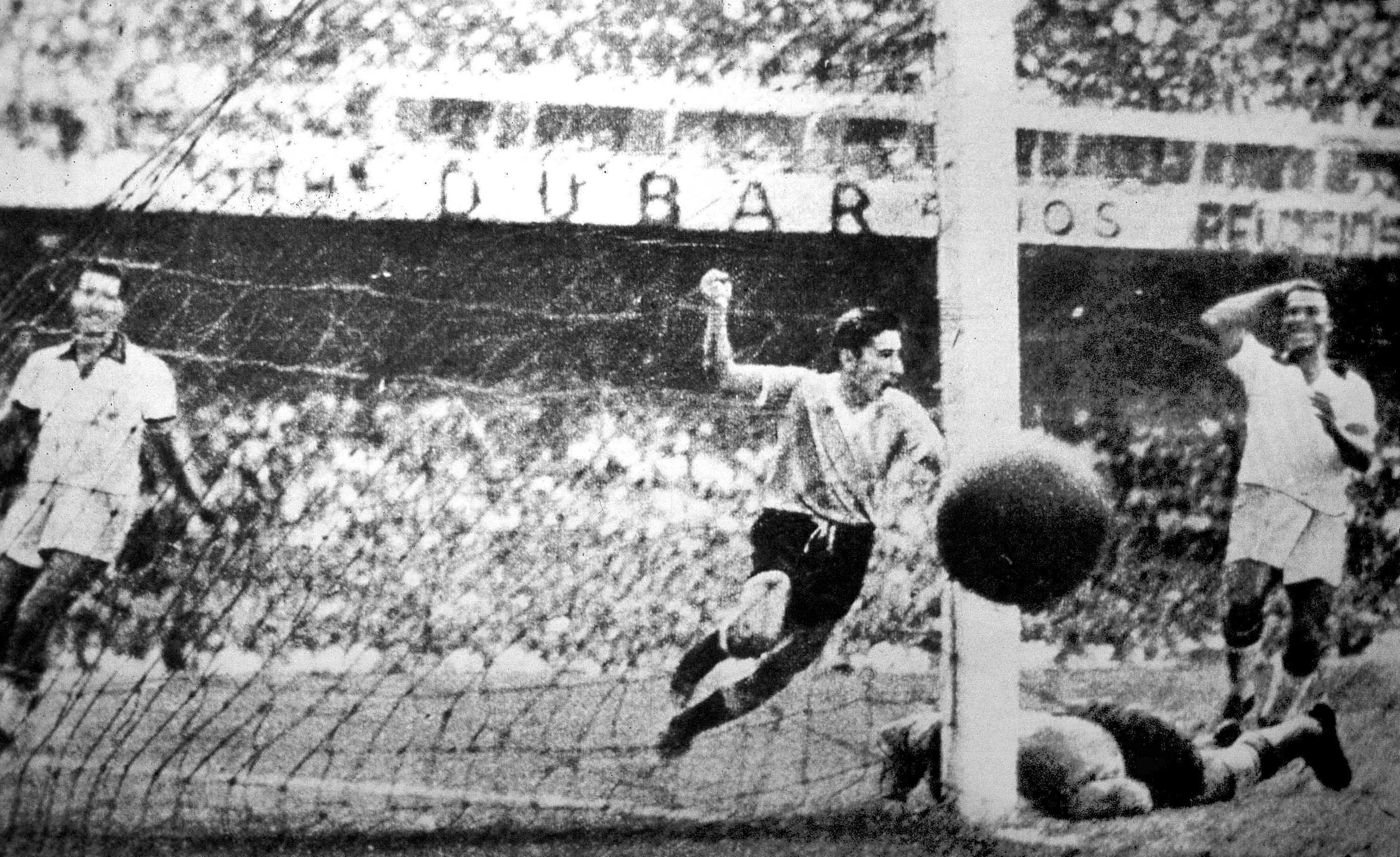
The ‘Maracanazo’ (1950)
Uruguay played party poopers in spectacular fashion as they beat Brazil in the final group game of the 1950 World Cup (there was no traditional final that year) to be crowned world champions for the second time.
Officially, 173,850 spectators (a record for a single match) crammed into the iconic Maracana in Rio – where all Brazil needed to do to win their first World Cup was avoid defeat, but they blew a 1-0 lead and Uruguay triumphed 2-1.
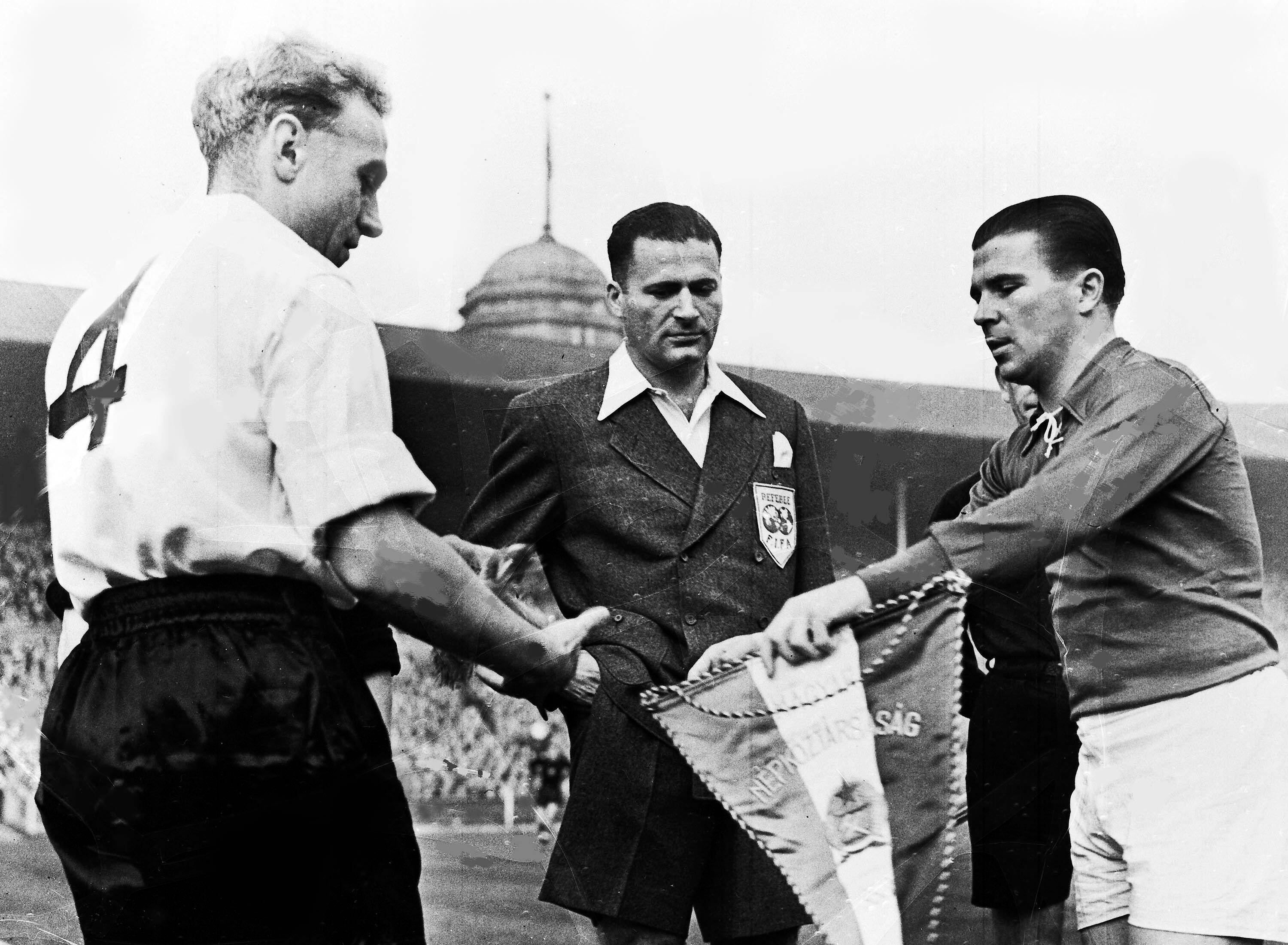
The 'Match of the Century' (1953)
Hungary’s ‘Magical Magyars’ taught England a footballing lesson on 25 November, 1953, as Ferenc Puskas, Nandor Hidegkuti ran riot at Wembley.
Puskas bagged a brace and Hidegkuti hit a hat-trick in a 6-3 victory for Gusztav Sebes’ side (Jozsef Bozsik got Hungary’s other goal) which precipitated a major tactical review of the English game.
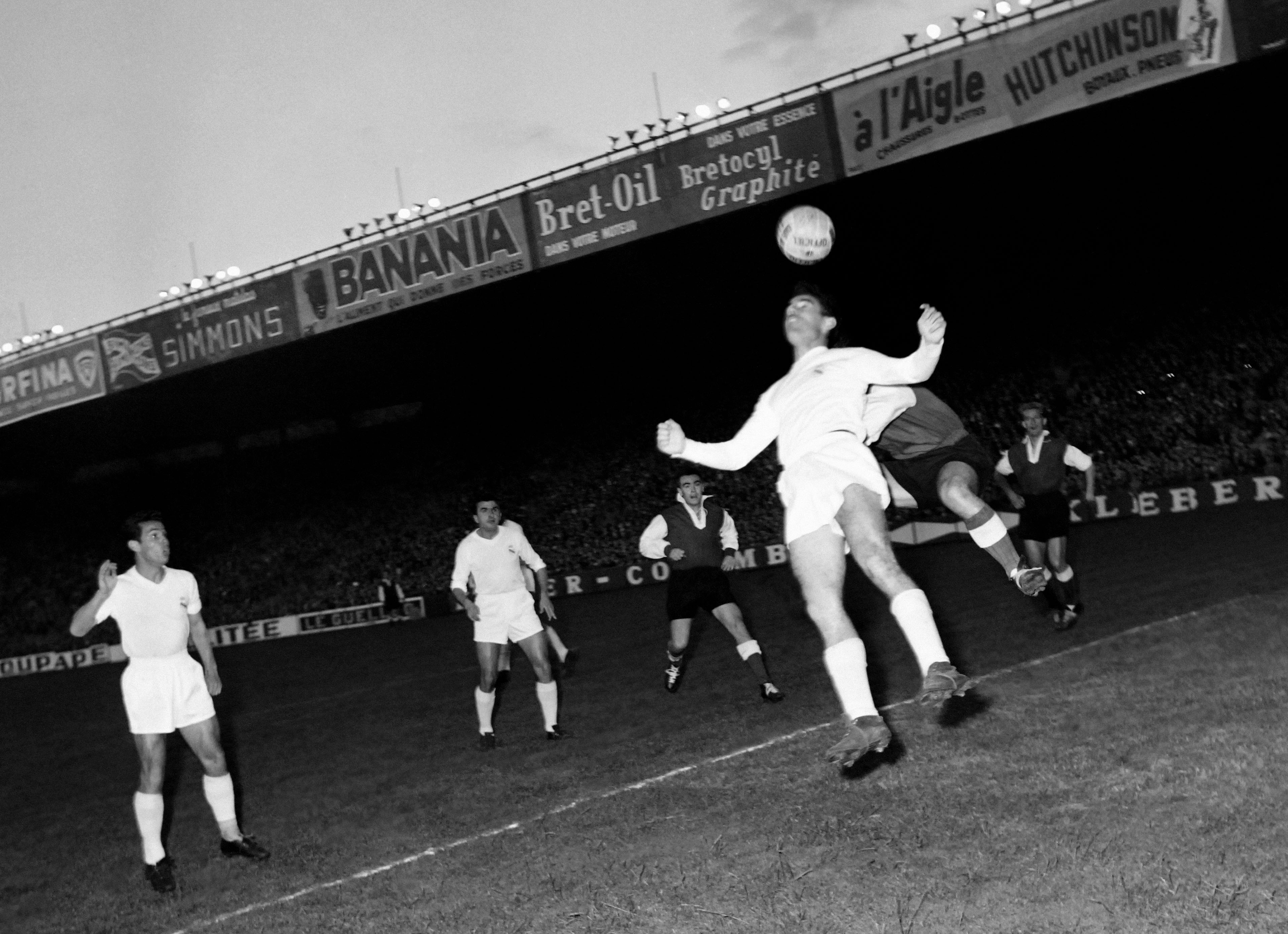
The first European Cup final (1956)
The inaugural final of the European Cup was a thriller, as Real Madrid came from 2-0 and 3-2 down to beat Reims 4-3 at the Parc des Princes in Paris.
Hector Rial’s brace proved decisive for Real, who would go on to retain their continental crown for the next four years – getting the better of Reims once again in 1959.

The first Ballon d'Or (1957)
England icon Stanley Matthews, then of Blackpool, scooped the inaugural Ballon d’Or award in 1956.
‘The Wizard of the Dribble’ – who had inspired Blackpool to a club-best second place in the 1955/56 First Division – was bestowed with the honour of Europe’s best player by France Football magazine ahead of Alfredo Di Stefano and Raymond Kopa.
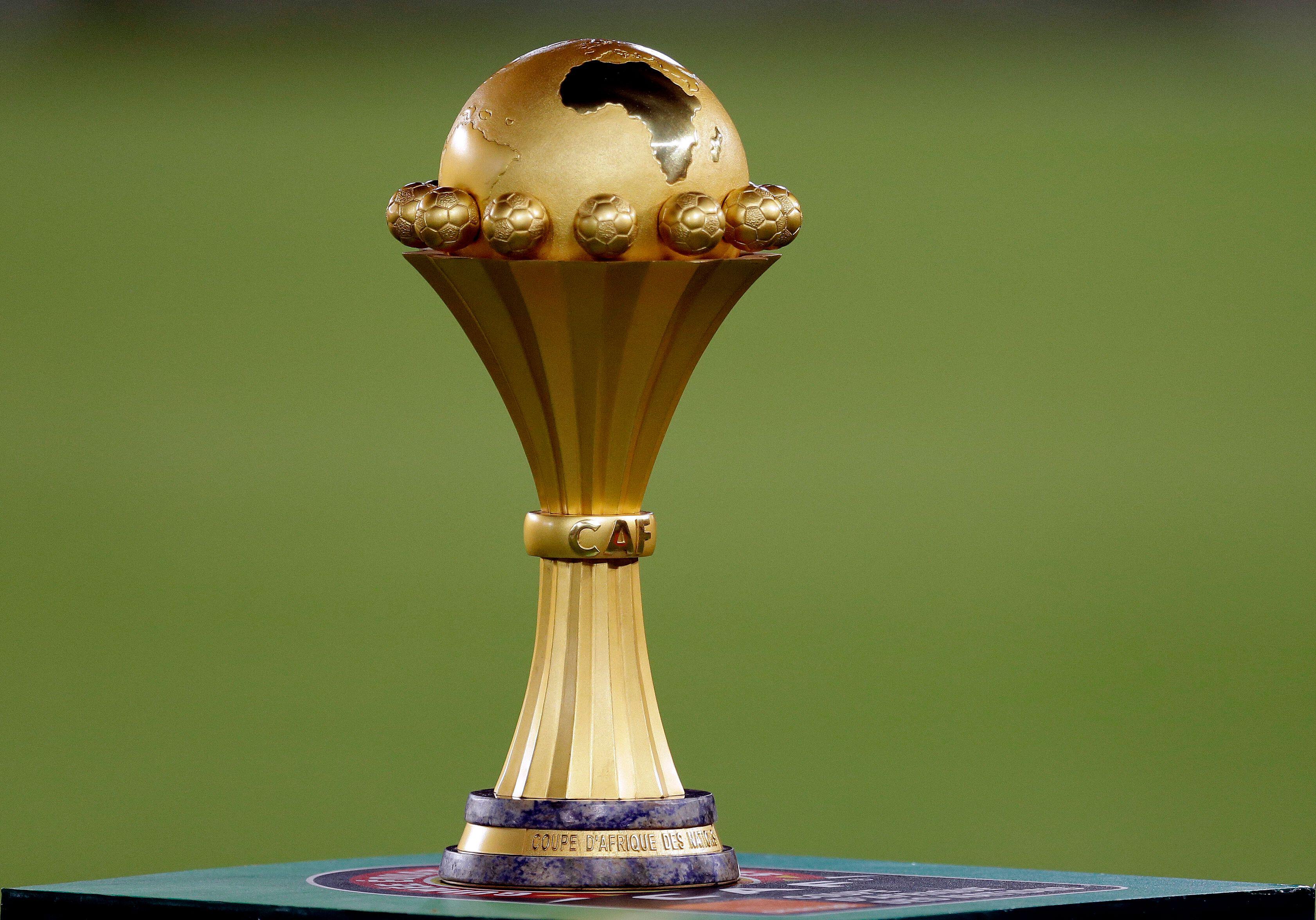
The first Africa Cup of Nations (1957)
Showcasing the best of African football every two years, the Africa Cup of Nations has been going since 1957.
The first-ever AFCON took place in Sudan, with the hosts joined by South Africa, Ethiopia and Egypt – who thrashed Ethiopia 4-0 in the final, legendary striker Ad-Diba notching all four goals.
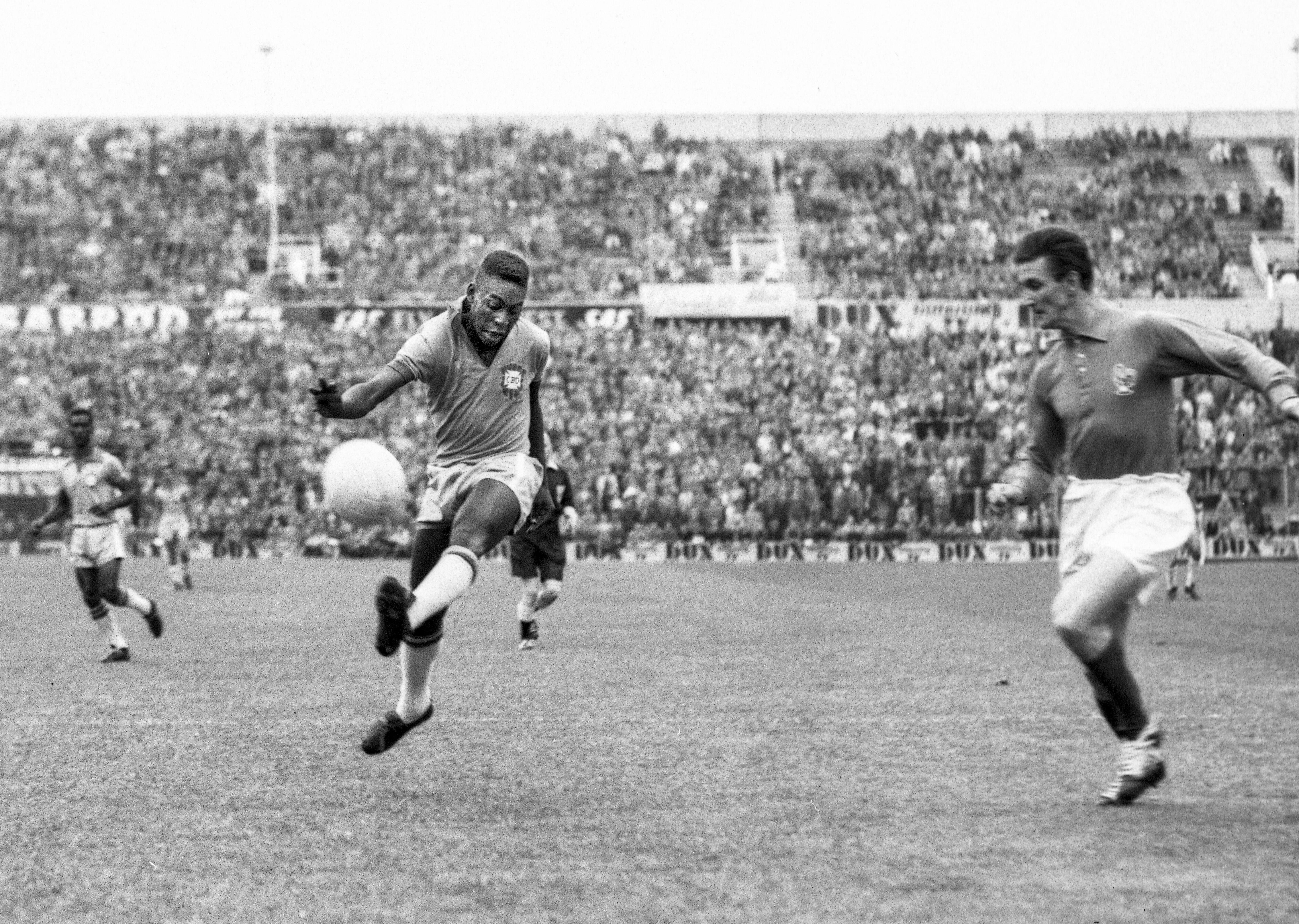
Brazil win their first World Cup (1958)
Finally, at the sixth time of asking, Brazil confirmed themselves as the best team on the planet by getting their hands on the World Cup.
Garrincha, Didi and a 17-year-old by the name of Pele were the main men, with the latter bagging a brace – along with fellow attacking star Vava – in a 5-2 thrashing of hosts Sweden in the final.
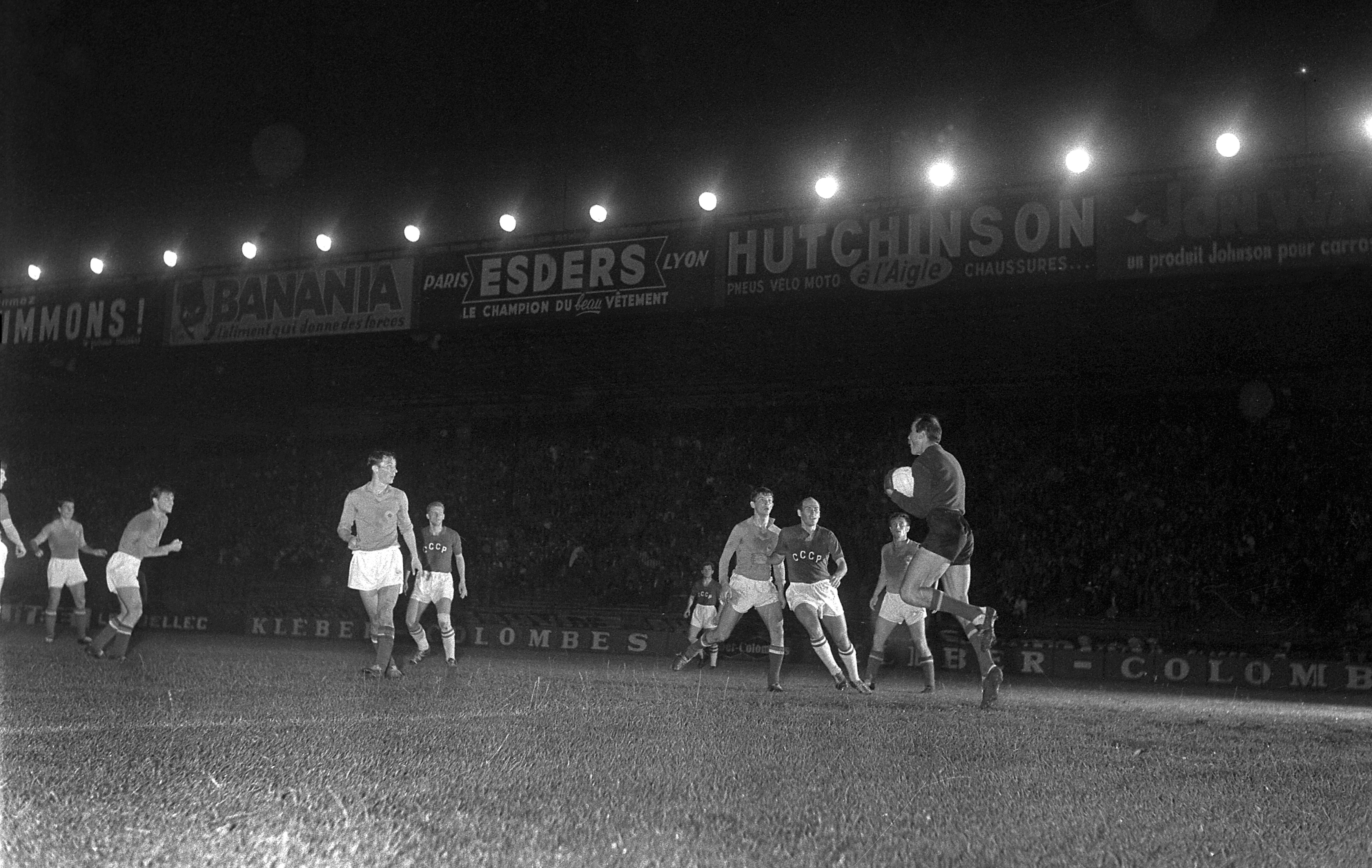
The first Euros (1960)
Just four countries qualified for the 1960 European Nations’ Cup – the very first iteration of the tournament we know today as the Euros.
The Soviet Union and Yugoslavia defeated Czechoslovakia and hosts France in the semis, with the Soviets coming from behind to win the final 2-1 after extra time.
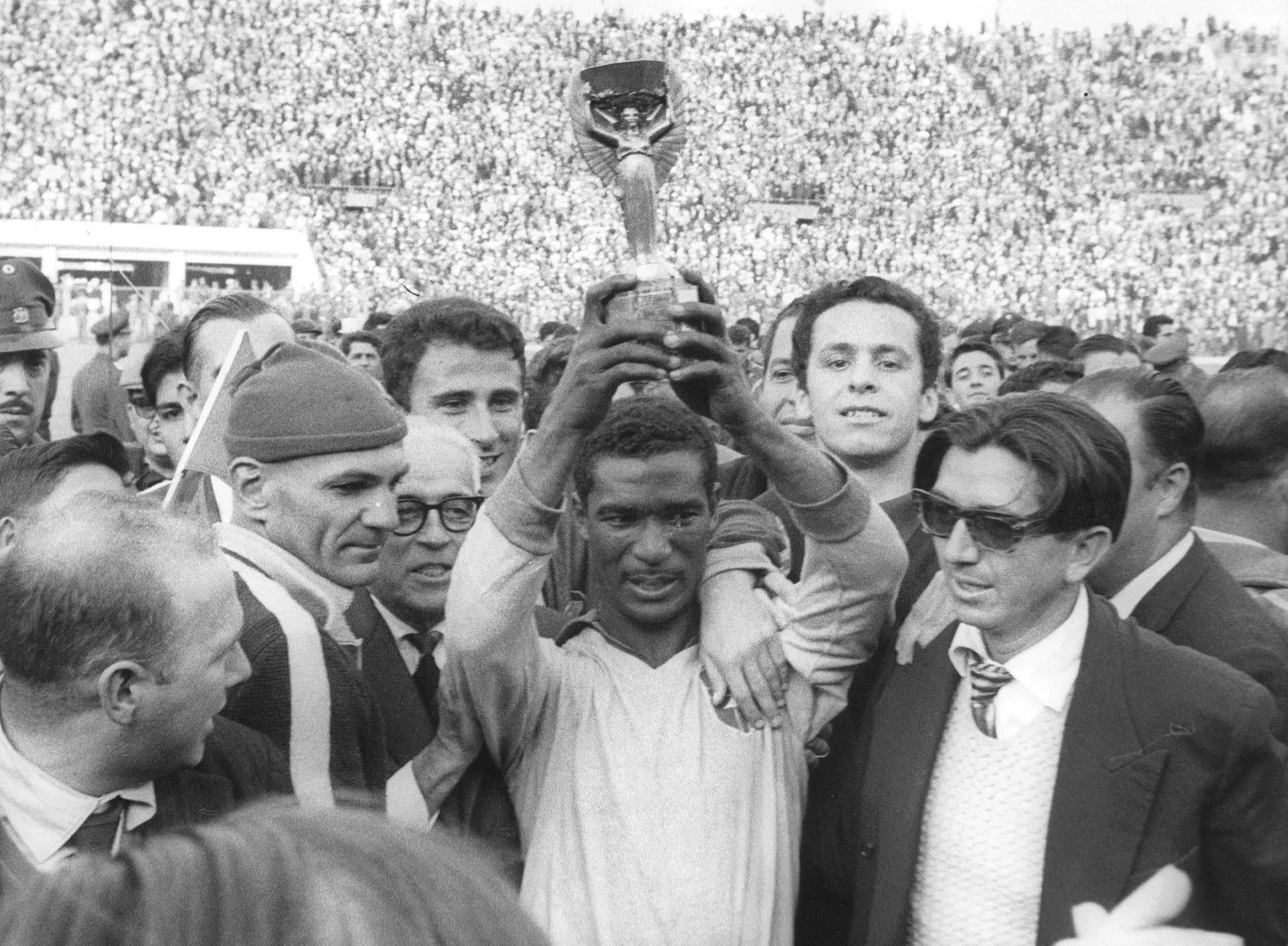
Brazil retain the World Cup (1962)
Brazil waited around three decades for a World Cup victory, then two came along in succession (typical, isn’t it?).
Pele missed the final through injury this time, but goals from Amarildo, Zito and Vava saw off Czechoslovakia 3-1 in Santiago, Chile – as the Selecao became the second (after Italy in 1938) and, to date, most recent nation to retain the World Cup.
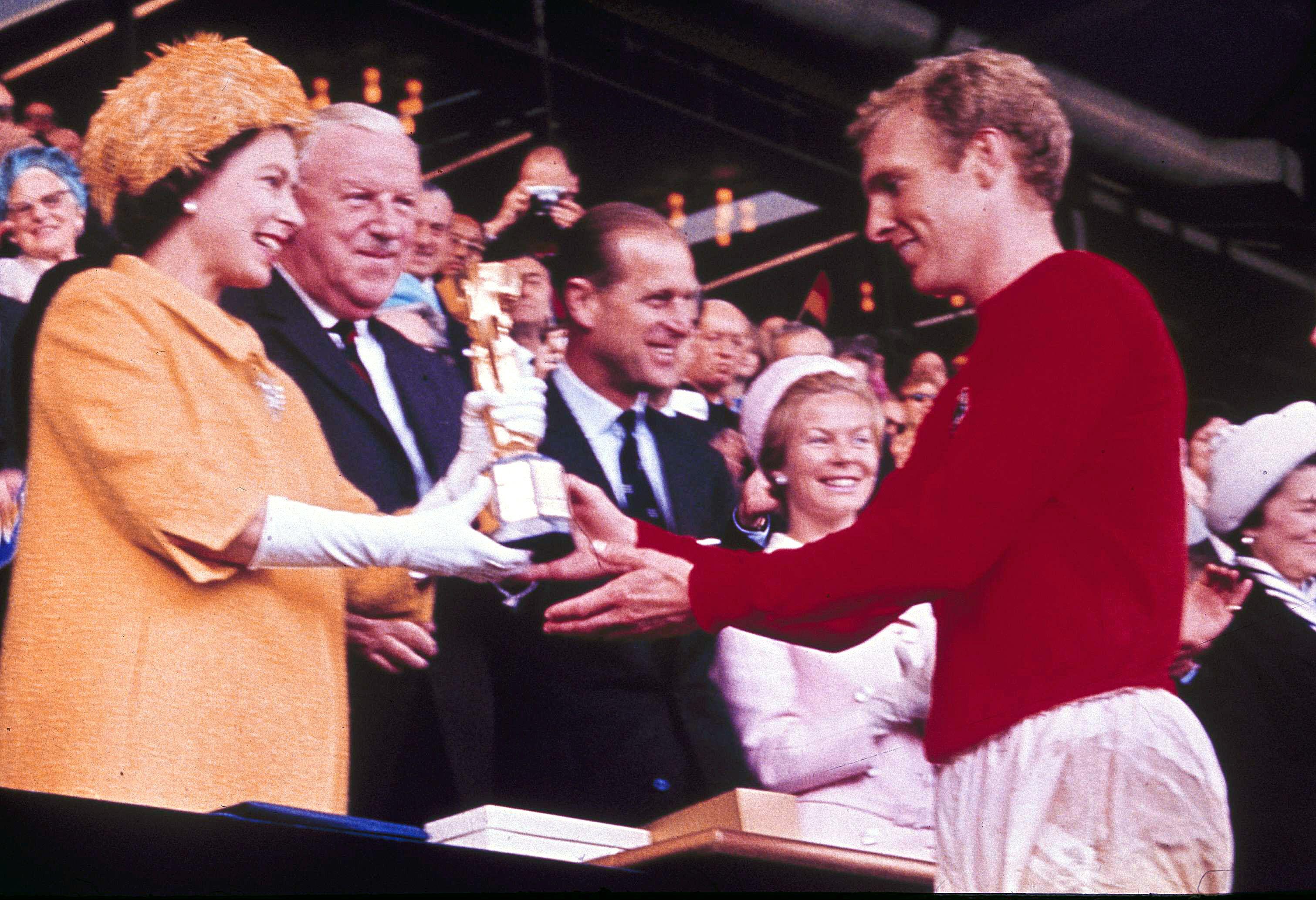
England win the World Cup (1966)
They gave the world football – so England had to get their hands on the World Cup eventually, didn’t they?
The Three Lions’ finest hour came on 30 July, 1966 at the home of football, Wembley, as Geoff Hurst hit a famous hat-trick (was his ultimately decisive goal over the line or not) against West Germany and captain Bobby Moore proudly held the Jules Rimet trophy aloft.
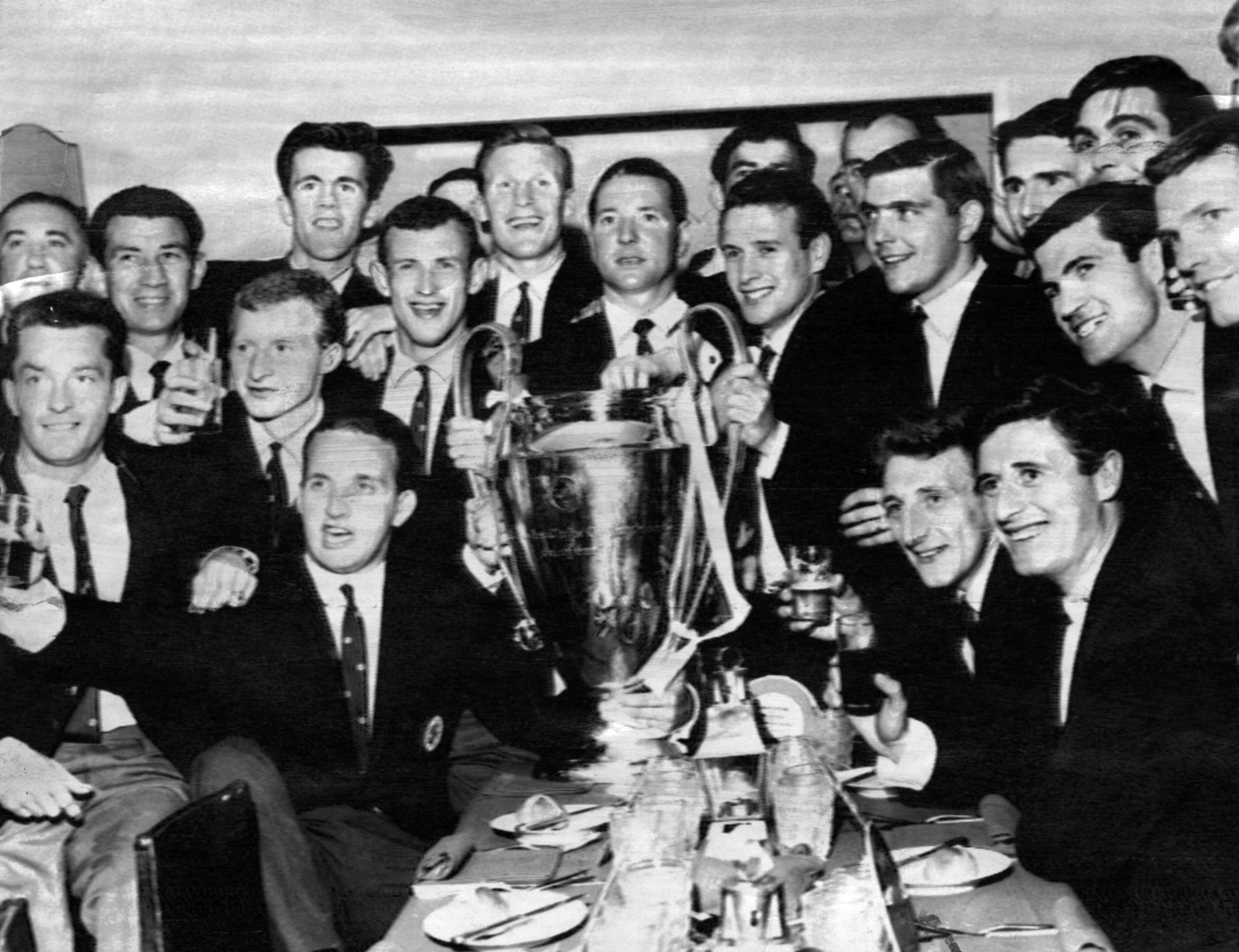
The first treble (1967)
In becoming the first British club to lift the European Cup – overturning a 1-0 deficit to beat Inter 2-1 in Lisbon, with a squad almost exclusively born within 10 miles of Celtic Park – Celtic also made history by completing the first continental treble.
The Glasgow giants actually did a quadruple that season, winning the Scottish title, Cup and League Cup as well.
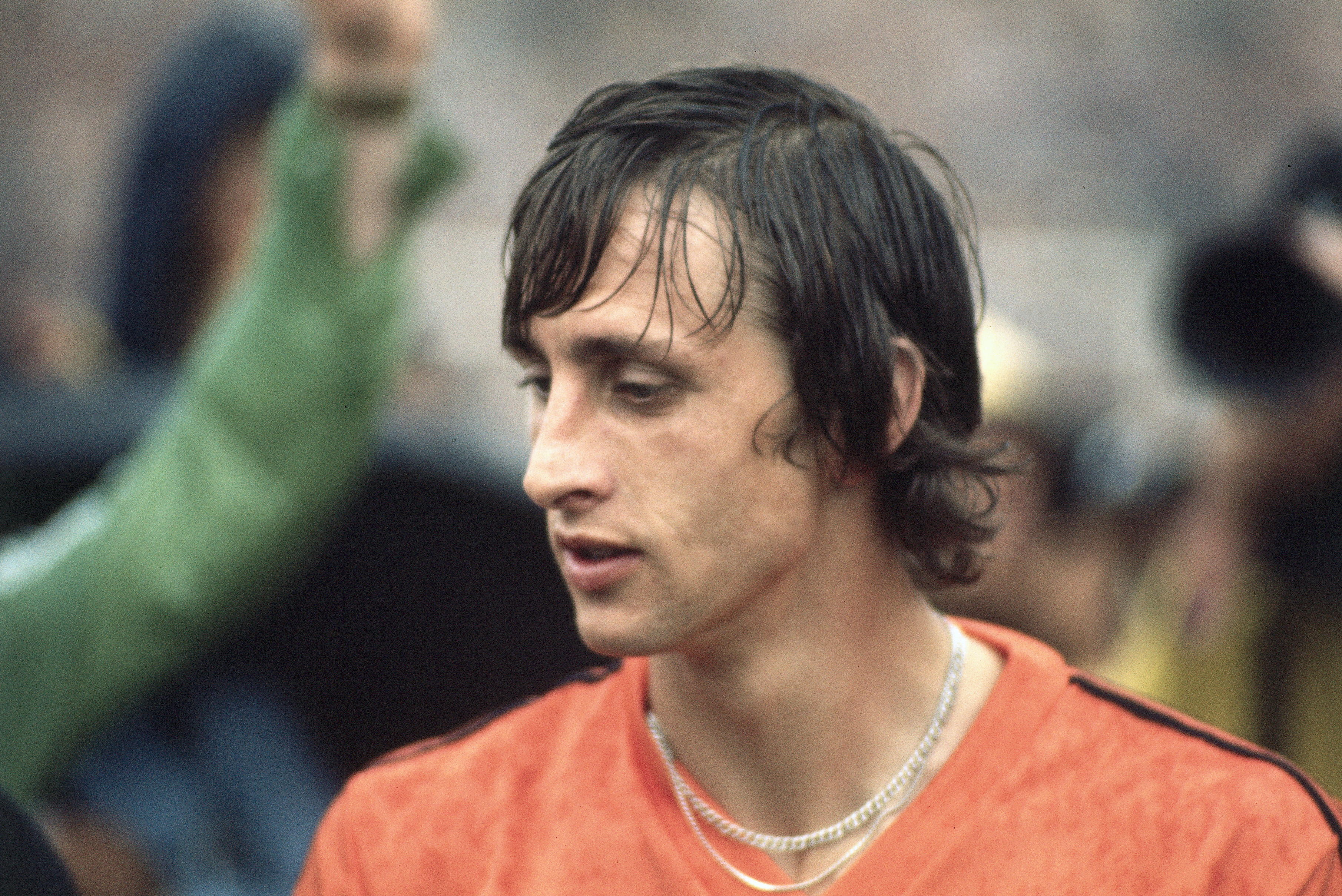
The Cruyff turn (1974)
The Netherlands’ hearts were broken by a 2-1 loss to hosts West Germany in the final, but the 1974 World Cup saw one Dutchman produce surely the most iconic moment of skill in football history.
That Dutchman was, of course, talismanic skipper Johan Cruyff, who thoroughly bamboozled Sweden defender Jan Olsson by introducing the world to his signature move.

The introduction of three points for a win (1981)
Whether it ultimately had the desired effect of encouraging more attacking football is questionable – the stats would suggest it didn’t – but the Football League’s decision to increase the number of points awarded for a win from two to three was a big one.
The League made the change ahead of the 1981/82 season, taking up the suggestion of the great Jimmy Hill.
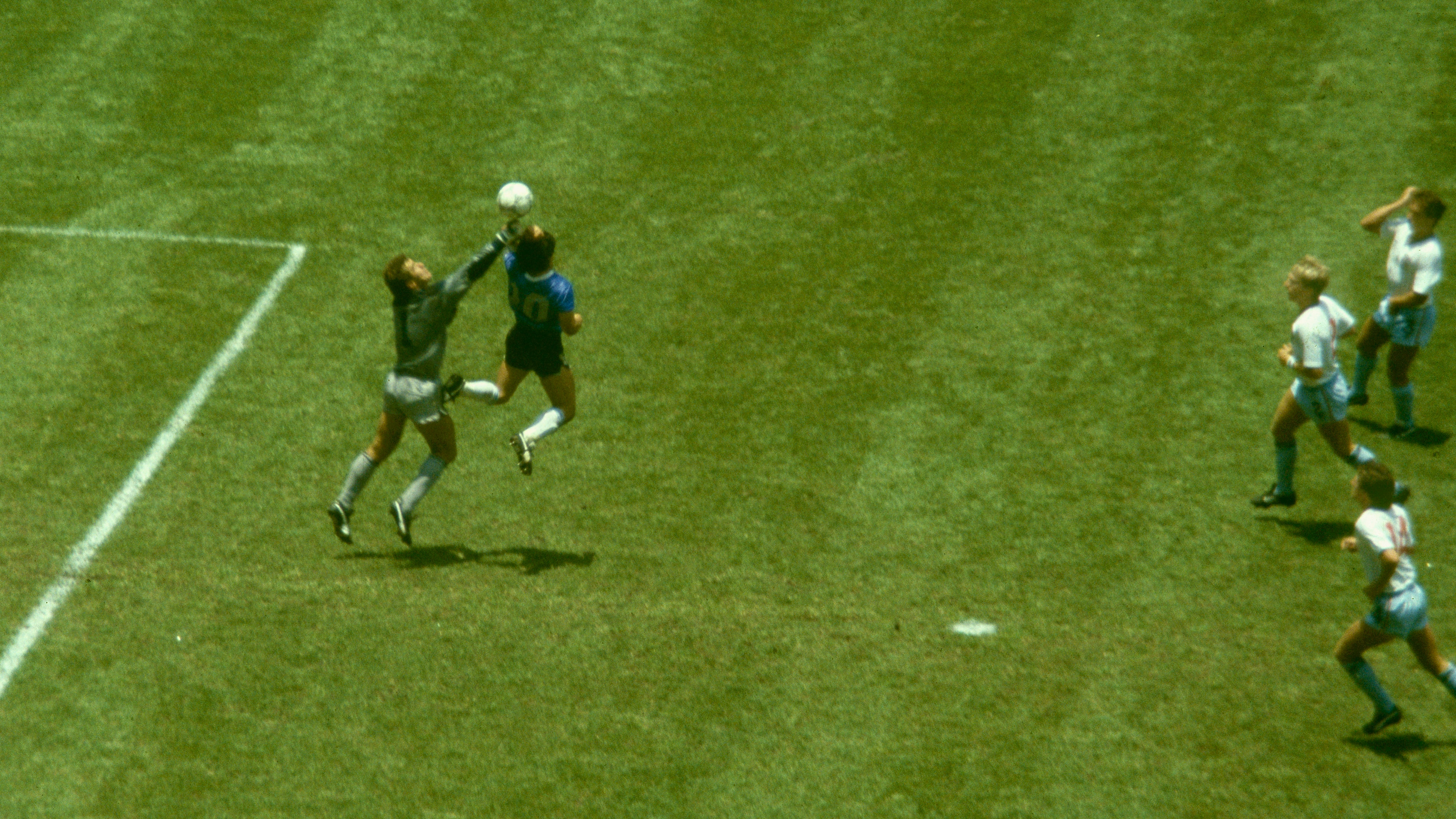
The 'Hand of God' (1986)
Undoubtedly one of the most controversial football moments of all time, Diego Maradona’s ‘Hand of God’ goal was crucial as he captained Argentina to glory at the 1986 World Cup.
It also made him a pariah in England, who exited at the quarter-final stage of the tournament in Mexico by virtue of this infamous 2-1 defeat.
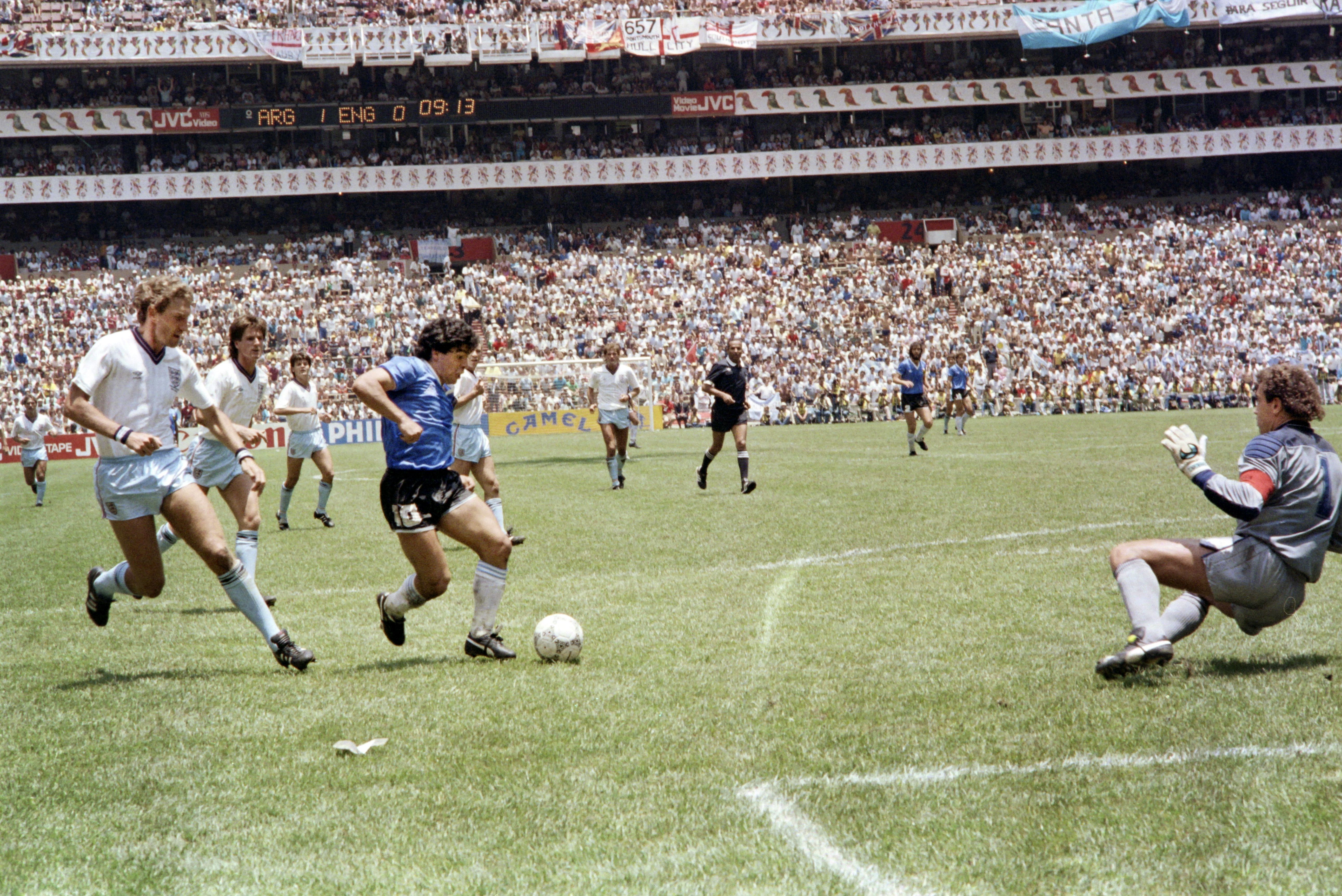
The 'Goal of the Century'
Just four minutes after sparking English fury, Maradona went and scored what it’s hard to see ever being surpassed as the greatest-ever goal.
Receiving the ball just inside his own half, the diminutive genius pivoted before beating four England outfield players (including poor Terry Butcher twice) at astonishing speed, then rounding goalkeeper Peter Shilton to finish. Unreal.
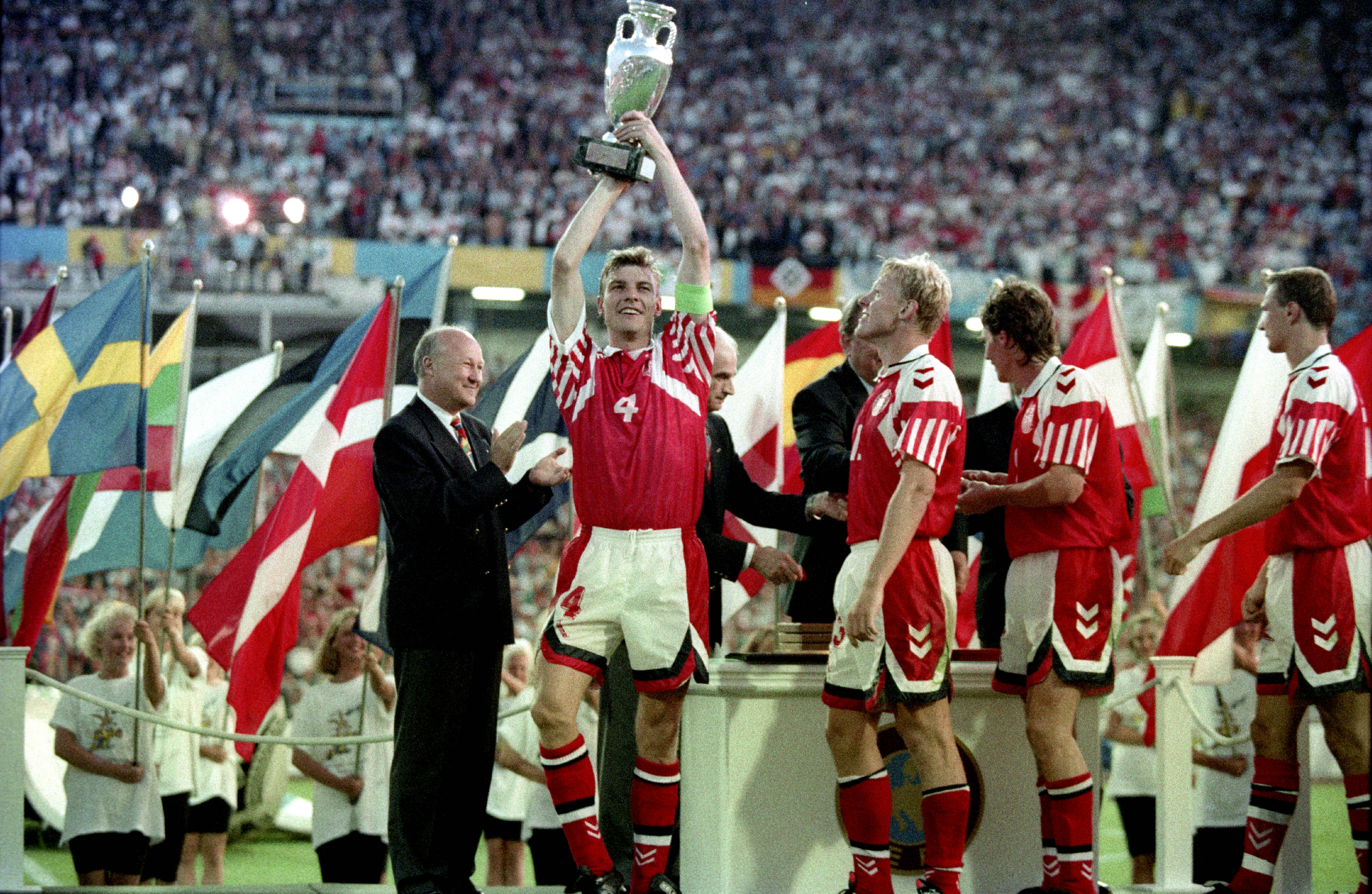
Denmark win the Euros
Denmark didn’t qualify for Euro 92, finding themselves drafted into the tournament after Yugoslavia were disqualified amid the outbreak of war in the Balkans.
And, under the management of Richard Moller Nielsen, they went and won the whole thing, beating reigning world champions Germany 2-0 in the final in nearby Sweden.
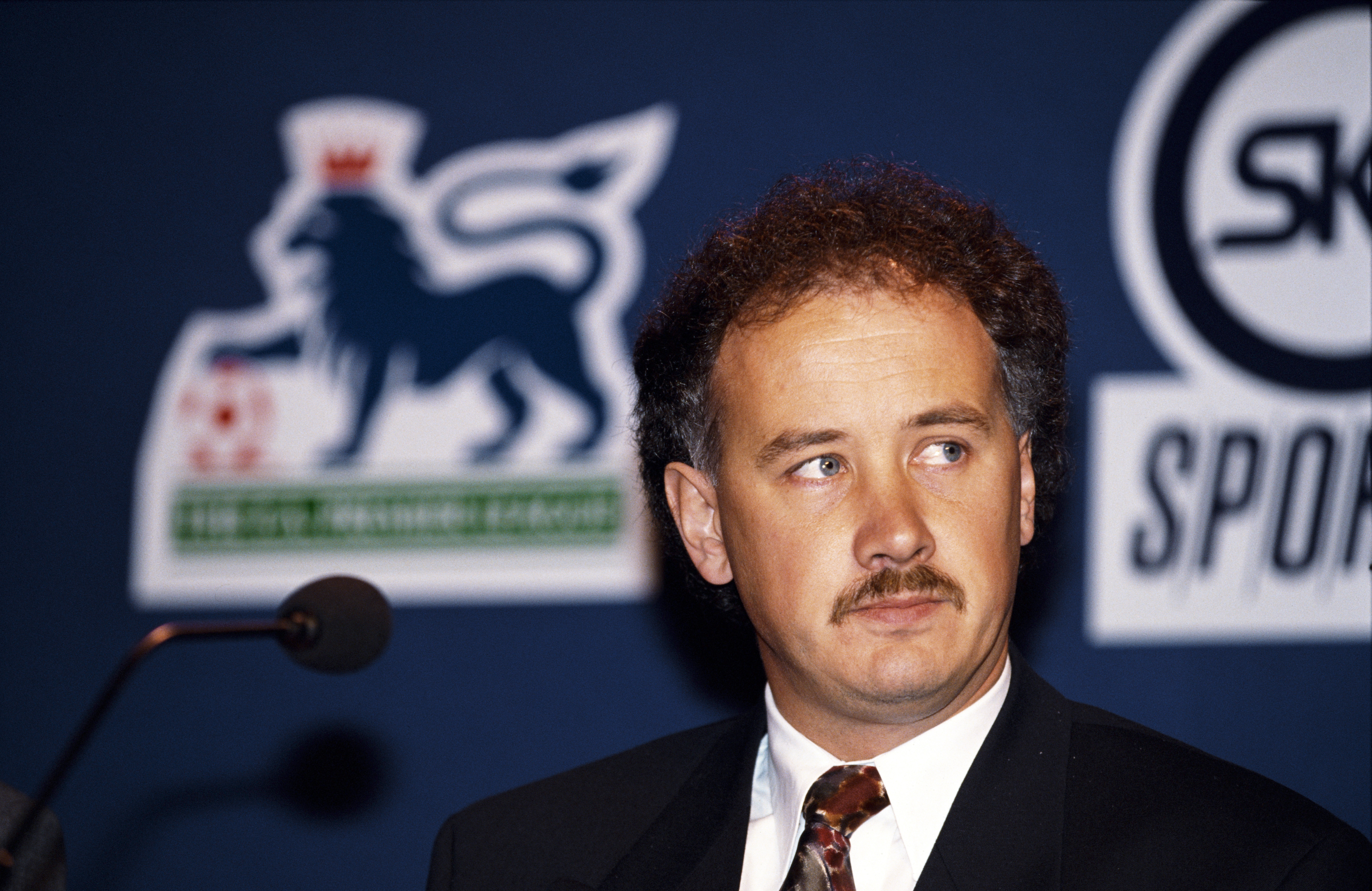
The Premier League begins (1992)
Arguably the biggest thing to happen in football in 1992, however, was the inception of the Premier League – a glitzy new top level of the English game which, within barely a decade, became the best league in the world.
Sheffield United striker Brian Deane nodded in the competition’s first goal – from a long throw, no less – against eventual 1992/93 champions Manchester United.
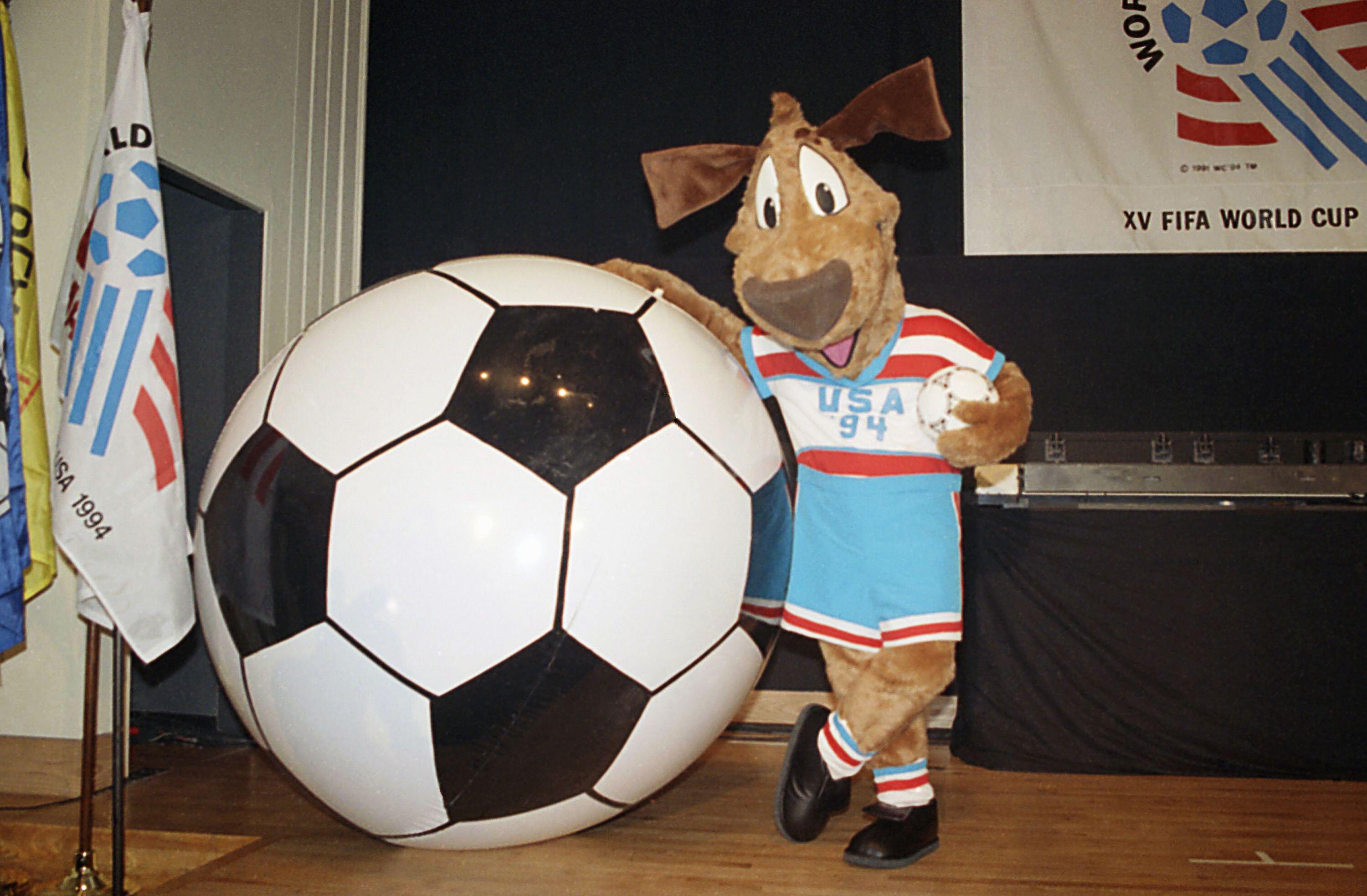
The first World Cup in North America (1994)
The USA went football (sorry, soccer) crazy in 1994, staging the first World Cup outside of Europe or South America.
What was the most iconic moment of the tournament? Roberto Baggio’s costly skied penalty? Bebeto’s ‘rock the baby’ celebration? Nope – Diana Ross’ spectacular spot-kick fail during the opening ceremony (obviously).
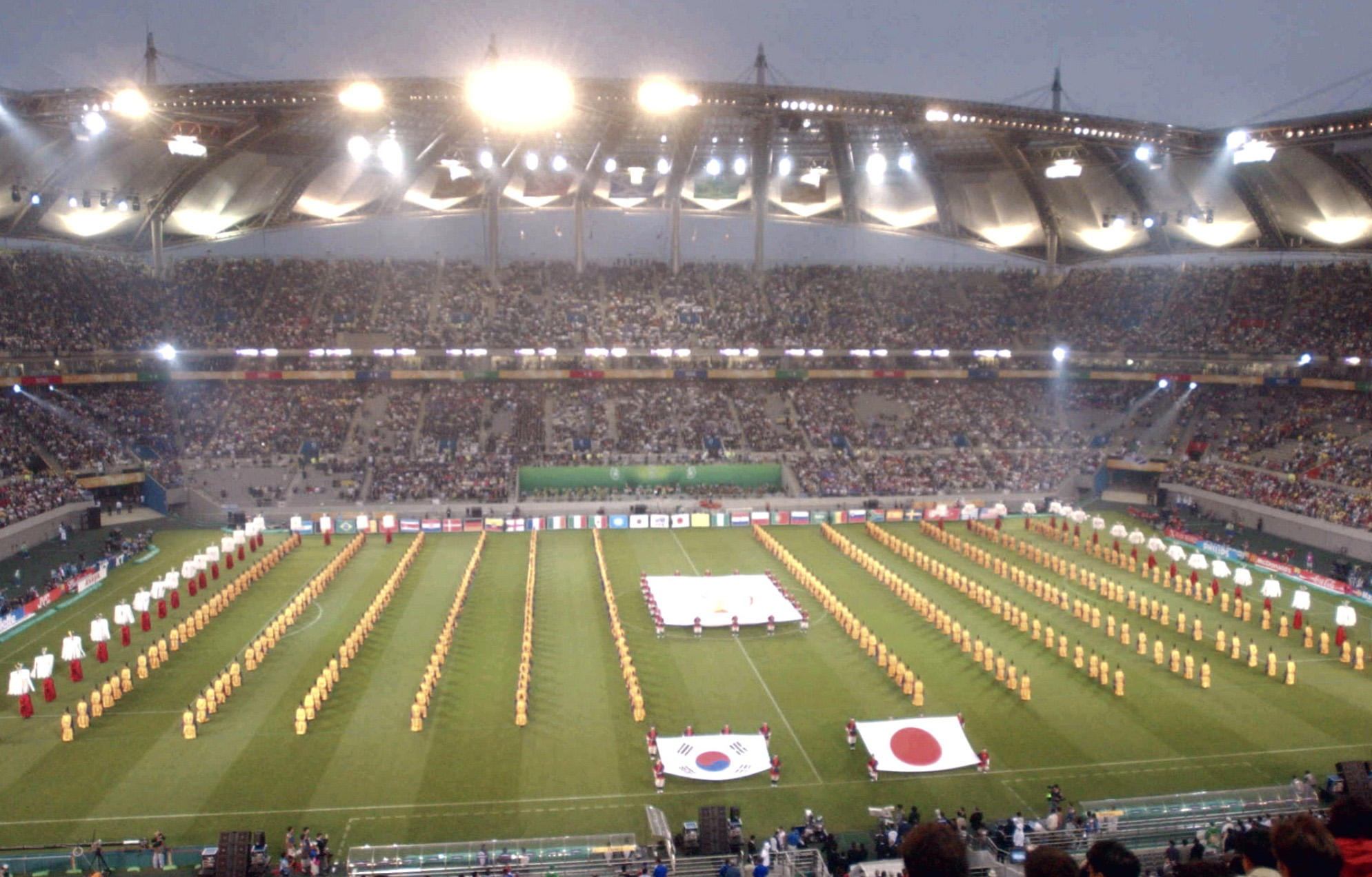
The first World Cup in Asia (2002)
Eight years later, it was the turn of Asia to welcome the World Cup for the first time, as Japan and South Korea became the tournament’s first co-hosts.
In one of the most memorable World Cups of all time, Ronaldo-inspired Brazil lifted the trophy for the first time by beating Germany in the final – while there were surprises aplenty, from Senegal stunning holders France in the opening match to South Korea and Turkey reaching the semis.
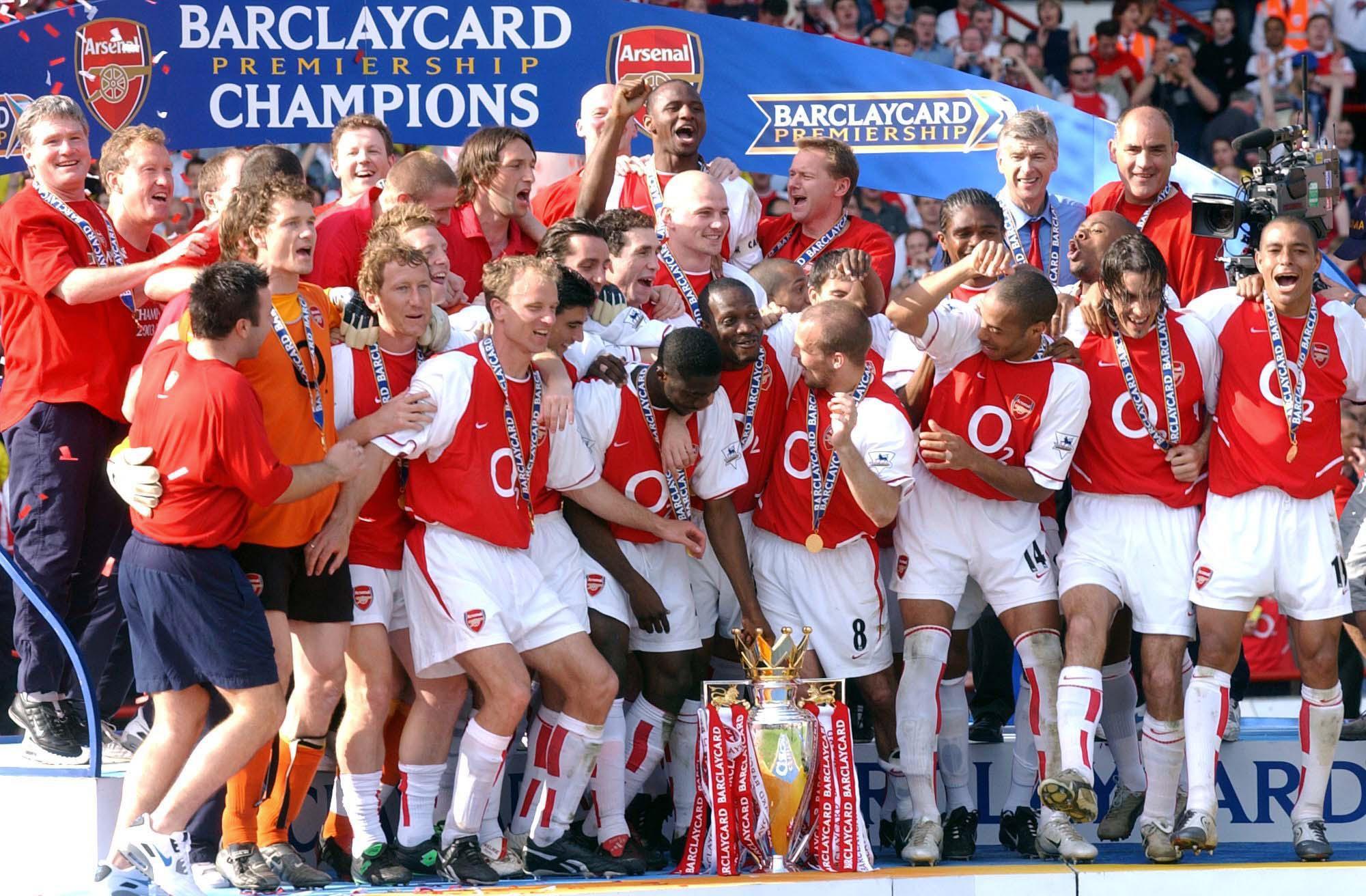
Arsenal's 'Invincibles' go unbeaten (2004)
Arsenal’s 2003/04 Premier League champions weren’t the first team to complete an unbeaten season in English football (or anywhere, for that matter) – but they were the first to do so in 115 years, after Preston North End.
Arsene Wenger’s Gunners also achieved the feat over the course of a 38-game campaign – four games longer than the previous longest unbeaten season in one of Europe’s top five leagues: 34 matches by Milan in Serie A in 1991/92.
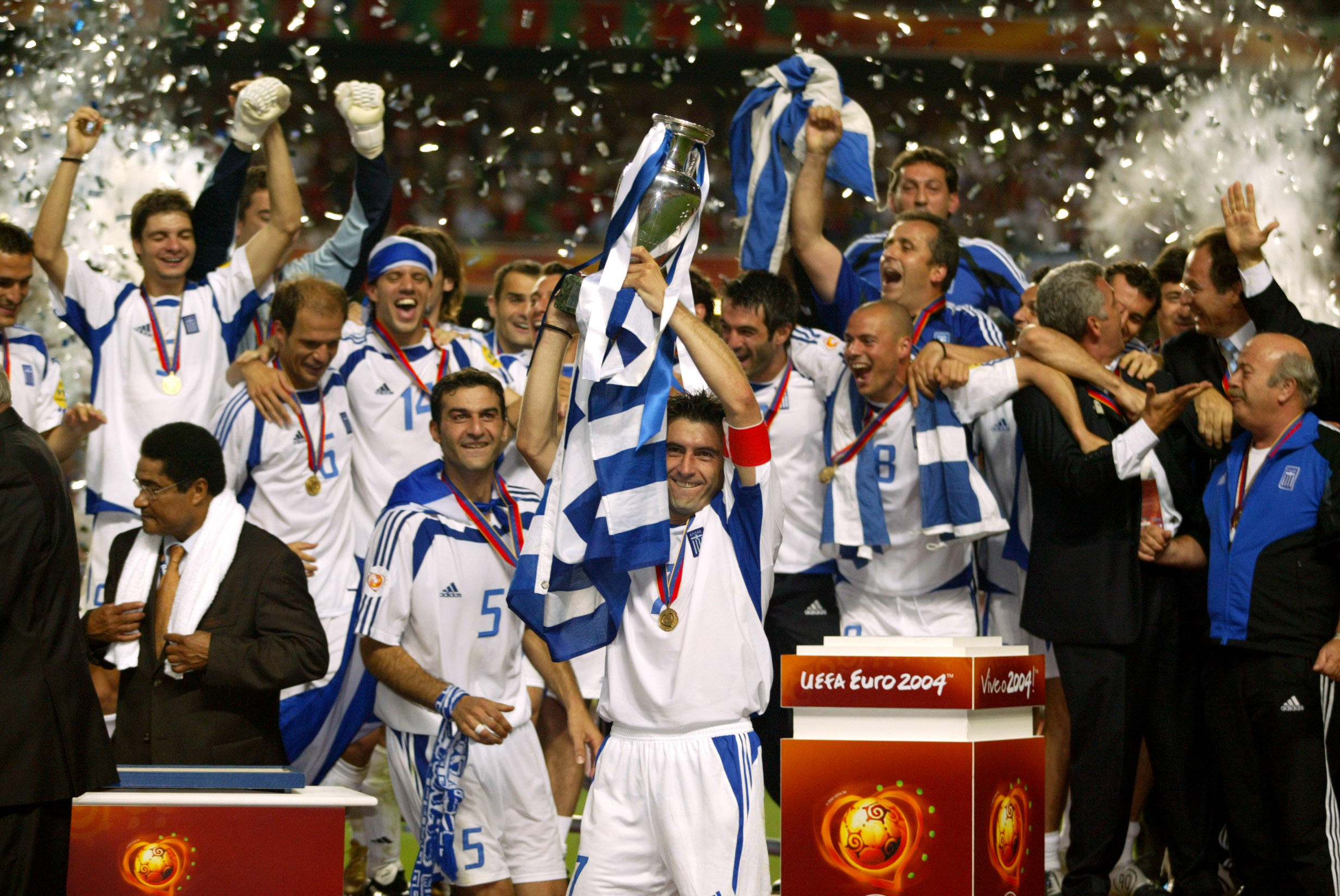
Greece win the Euros (2004)
Greece wrote arguably an even greater underdog story than Denmark at Euro 2004, entering having only ever picked up one point and scored a solitary goal in major tournament football.
Under the stewardship of Otto Rehhagel, they achieved an extraordinary victory in Portugal – defeating the hosts in the opening game and the final, Angelos Charisteas ensuring legendary status in Athens by heading the winner from namesake Angelos Basinas’ corner in the latter.
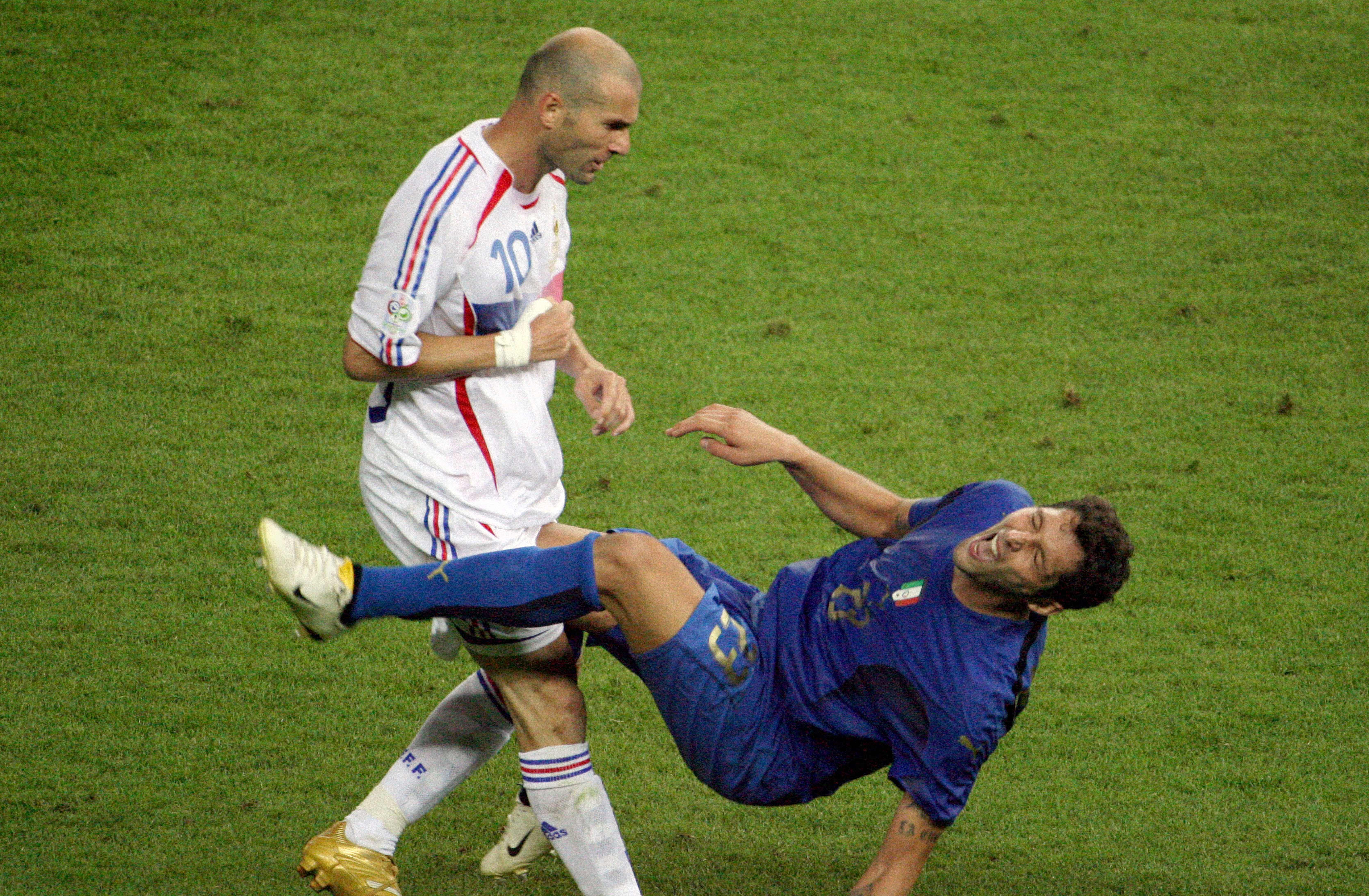
Zidane's headbutt (2006)
As one of the finest players ever to grace the pitch, Zinedine Zidane ought to have gone out with a bang; that bang just ought not to have been the sound his head made when forcefully impacting the chest of Marco Materazzi.
It was a disgraceful ending to a great career, but it perfectly summed up football’s openness to spontaneous episodes of audience-fixating insanity, on, of all stages, the World Cup final – in which Italy ultimately got the better of France on penalties.

The first World Cup in Africa (2010)
South Africa may have been the host nation, but the 2010 World Cup was one for a whole football-mad continent.
Ghana flew the flag for Africa the longest, coming agonisingly close to the semi-finals (Luis Suarez said no), and Spain were crowned world champions for the first time while playing some truly mesmerising tiki-taka football.
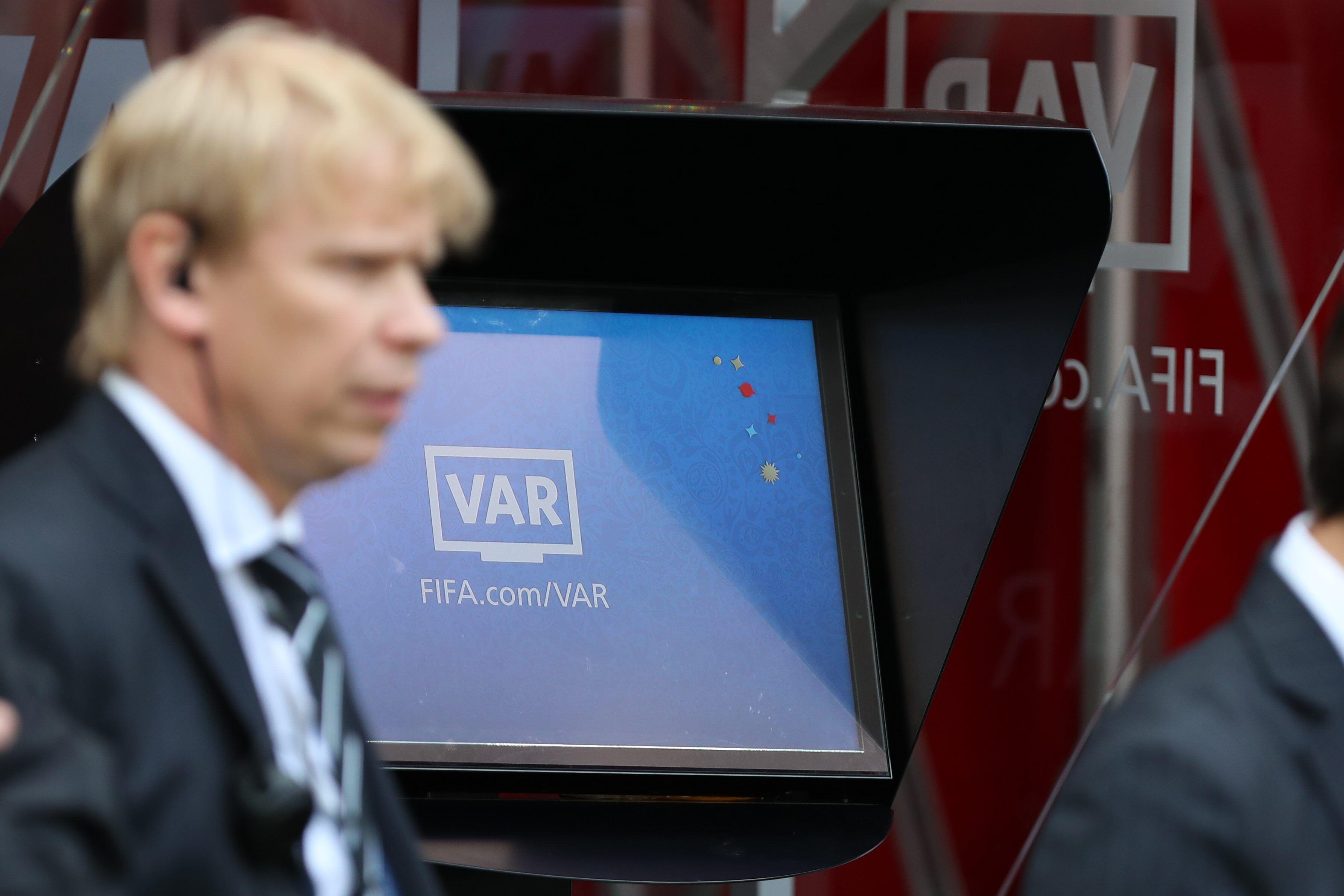
The advent of VAR (2016)
It’s putting it lightly to say that VAR was not universally embraced by the football community – but its arrival was inevitable, a result of the increasingly extreme, hysteria-fuelled scrutiny under which officials were coming.
First used competitively in a Dutch Cup tie between Ajax and Willem II in September 2016, VAR was fully up and running by the time of the 2018 World Cup, before debuting in the Premier League the following year.

The first £100m transfer (2017)
Neymar’s £198m move from Barcelona to PSG in August 2017 well and truly obliterated the world transfer record – more than doubling the fee paid by Manchester United to Juventus for Paul Pogba only a year earlier.
An eye-watering figure, it emphatically confirmed that football had entered a bold new era – that of free-spending state ownership, PSG having been taken over by Qatari government-backed Qatar Sports Investments (QSI) in 2011.
The best features, fun and footballing quizzes, straight to your inbox every week.
Tom Hancock started freelancing for FourFourTwo in April 2019 and has also written for the Premier League and Opta Analyst, among others. He supports Wycombe Wanderers and has a soft spot for Wealdstone. A self-confessed statto, he has been known to watch football with a spreadsheet (or several) open...

